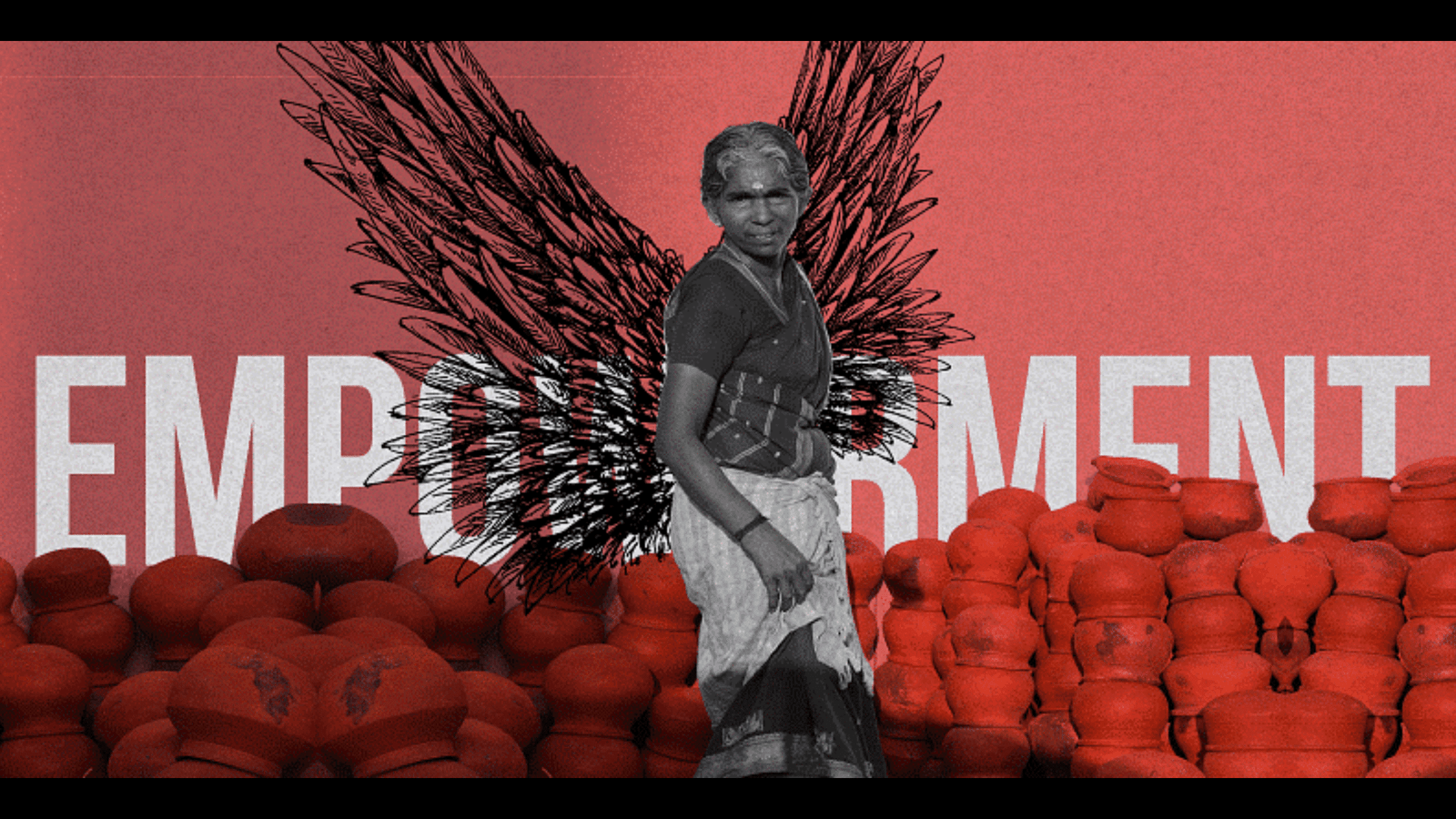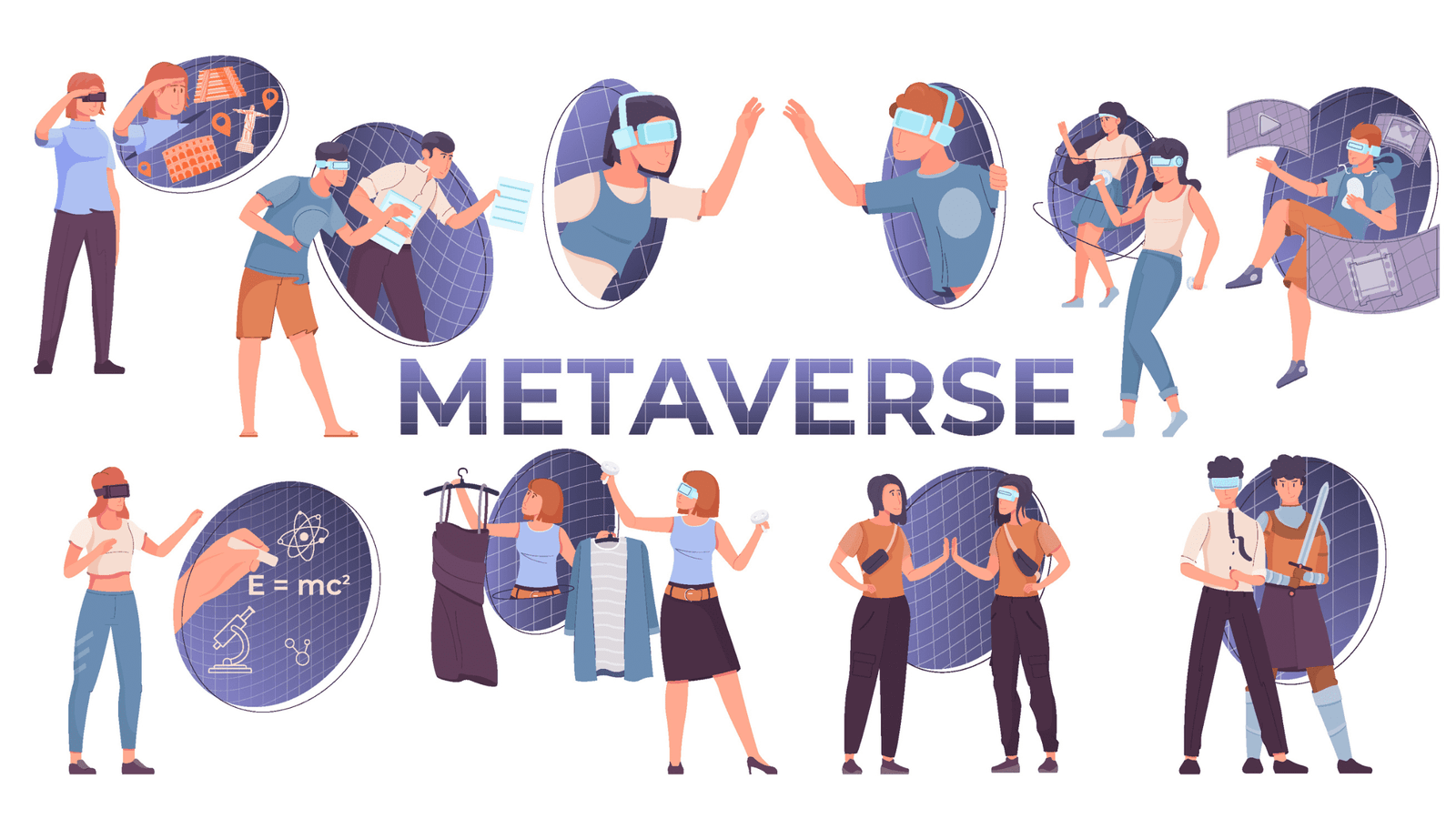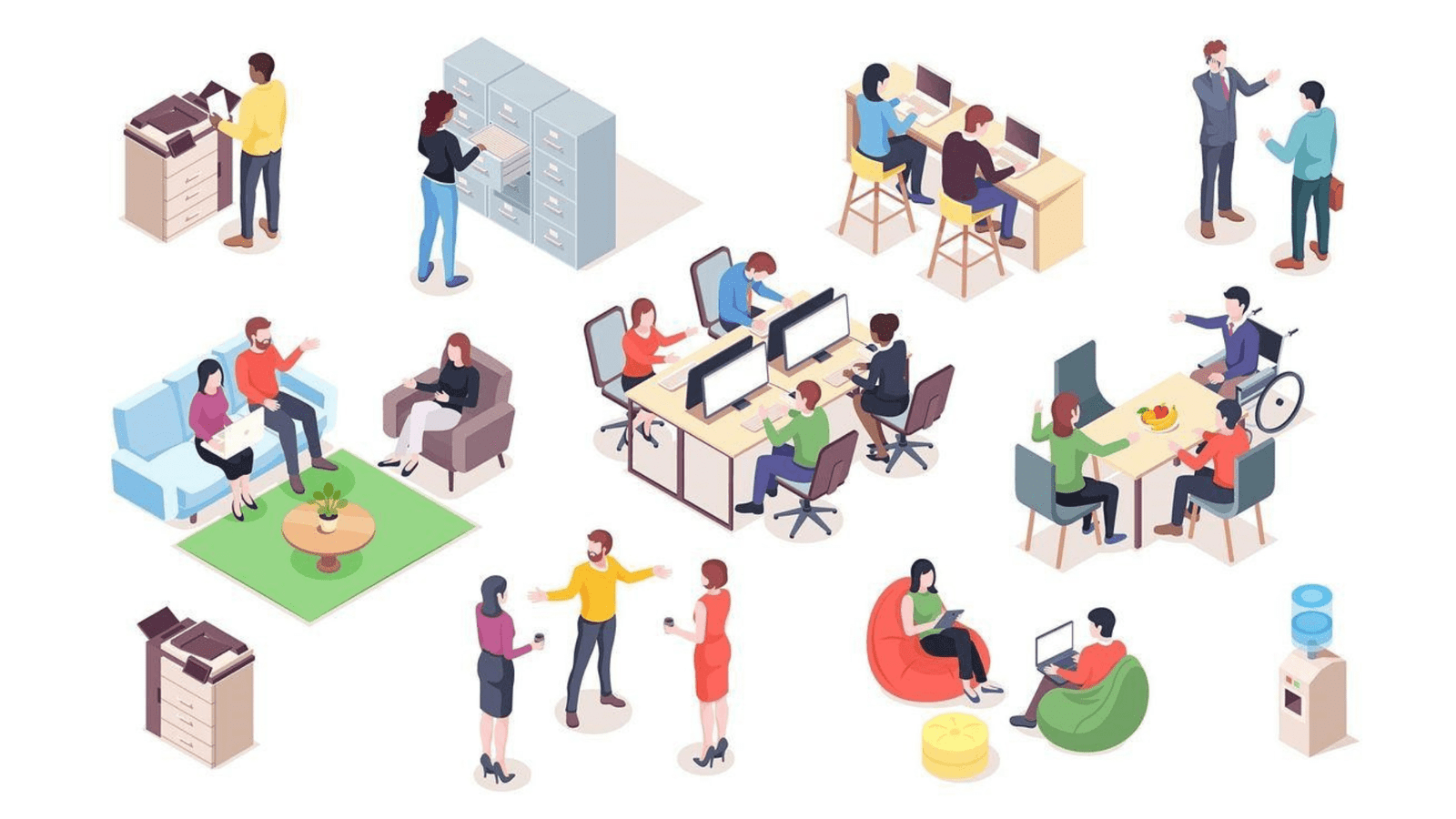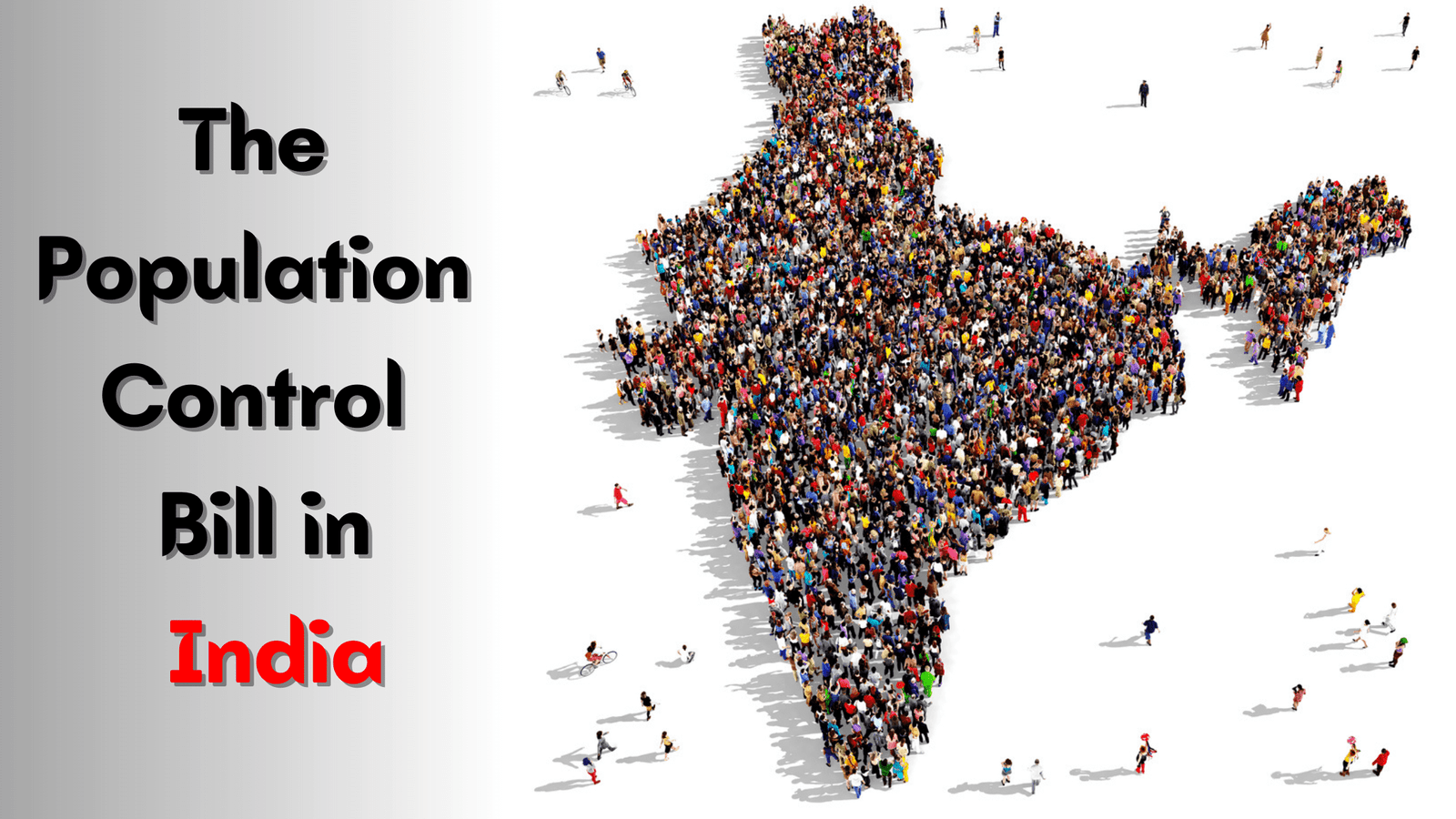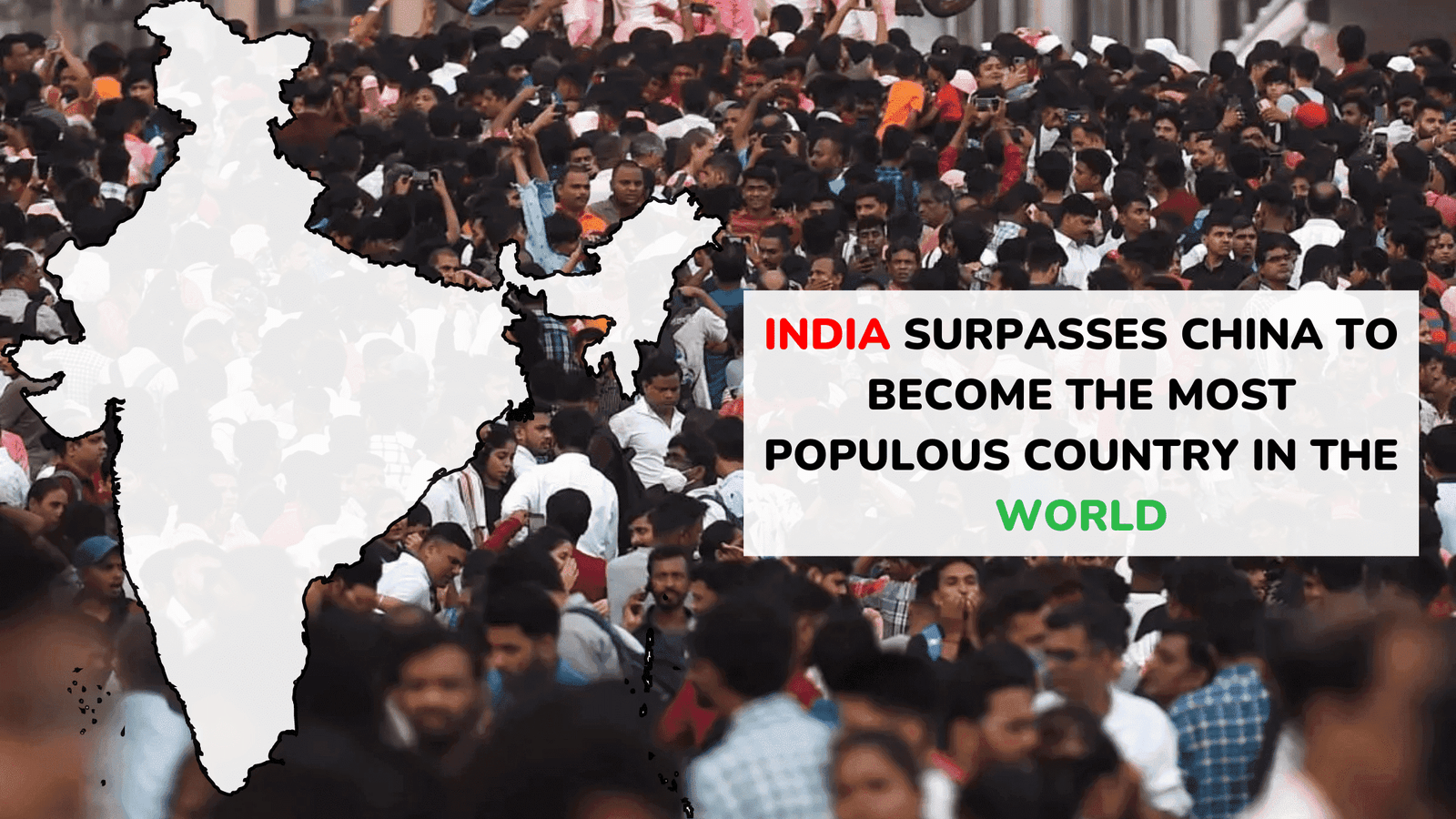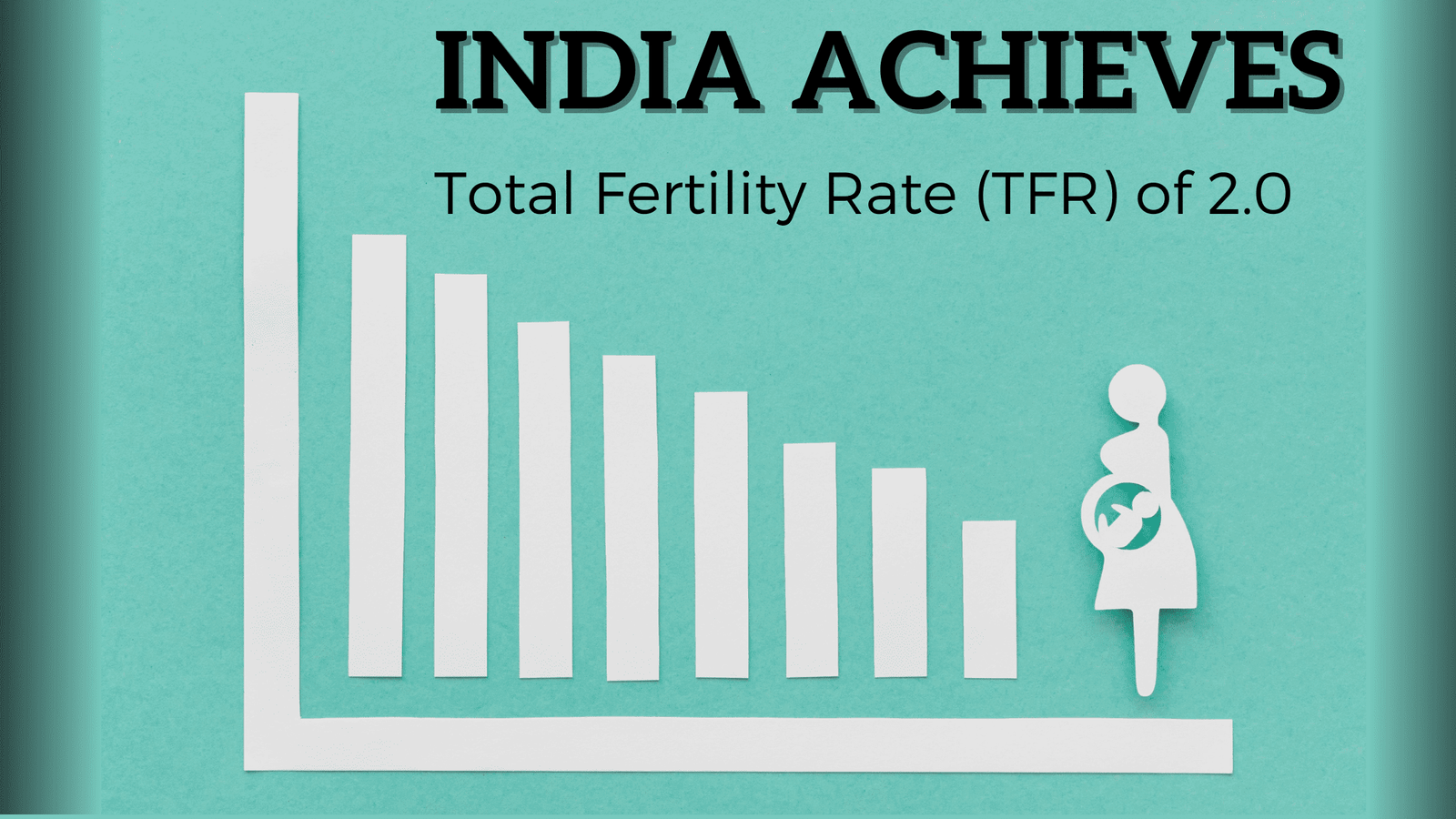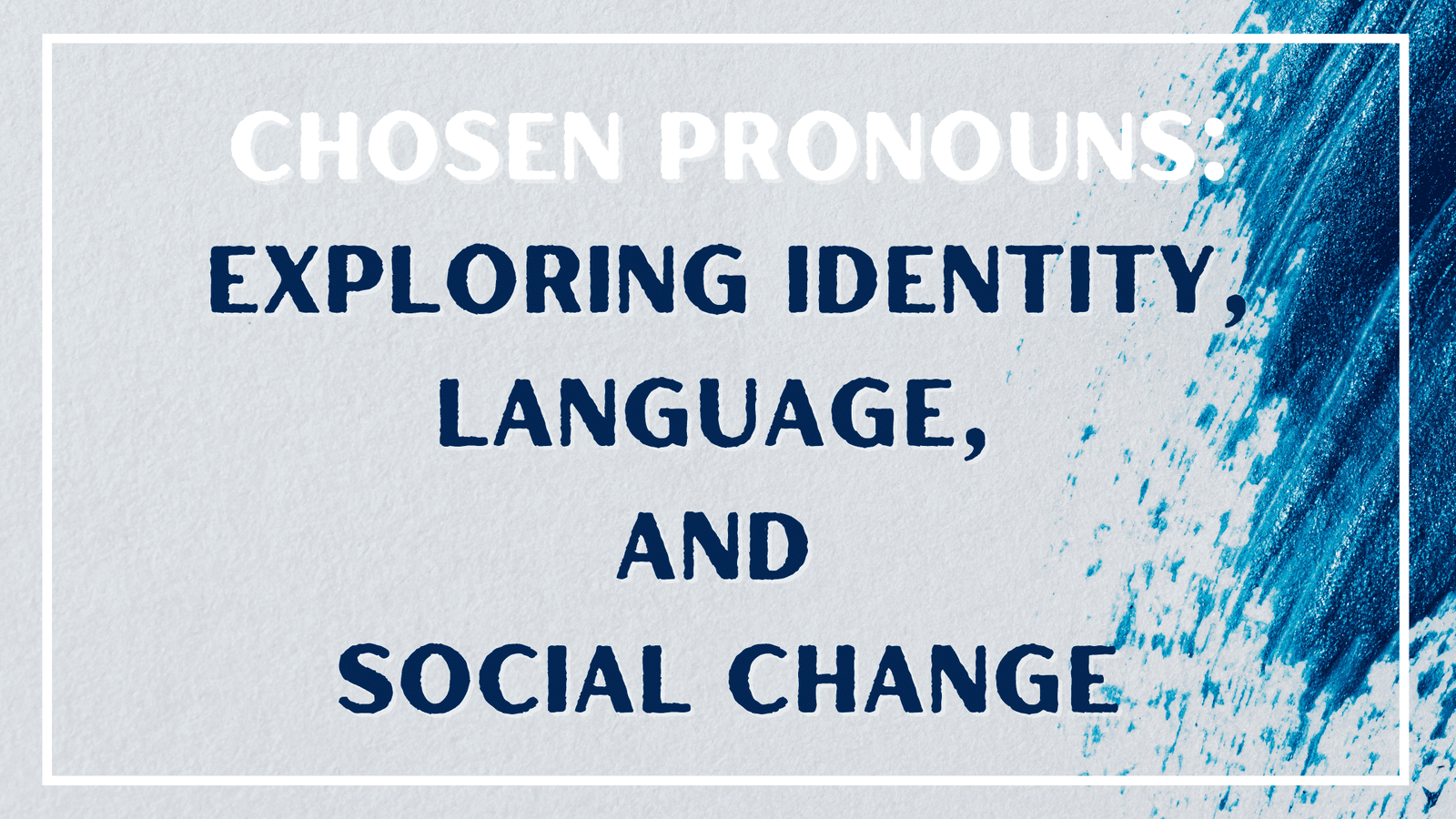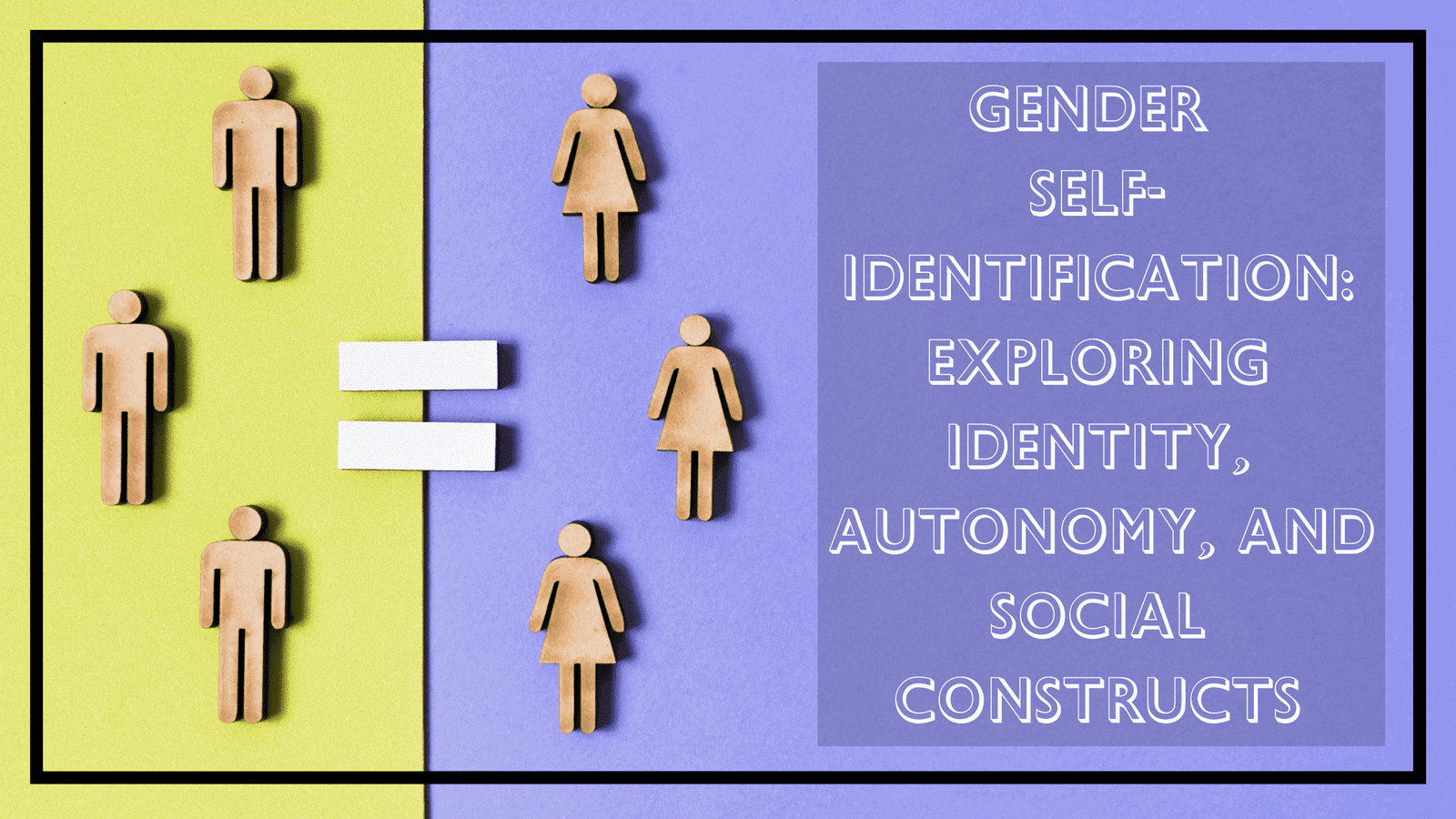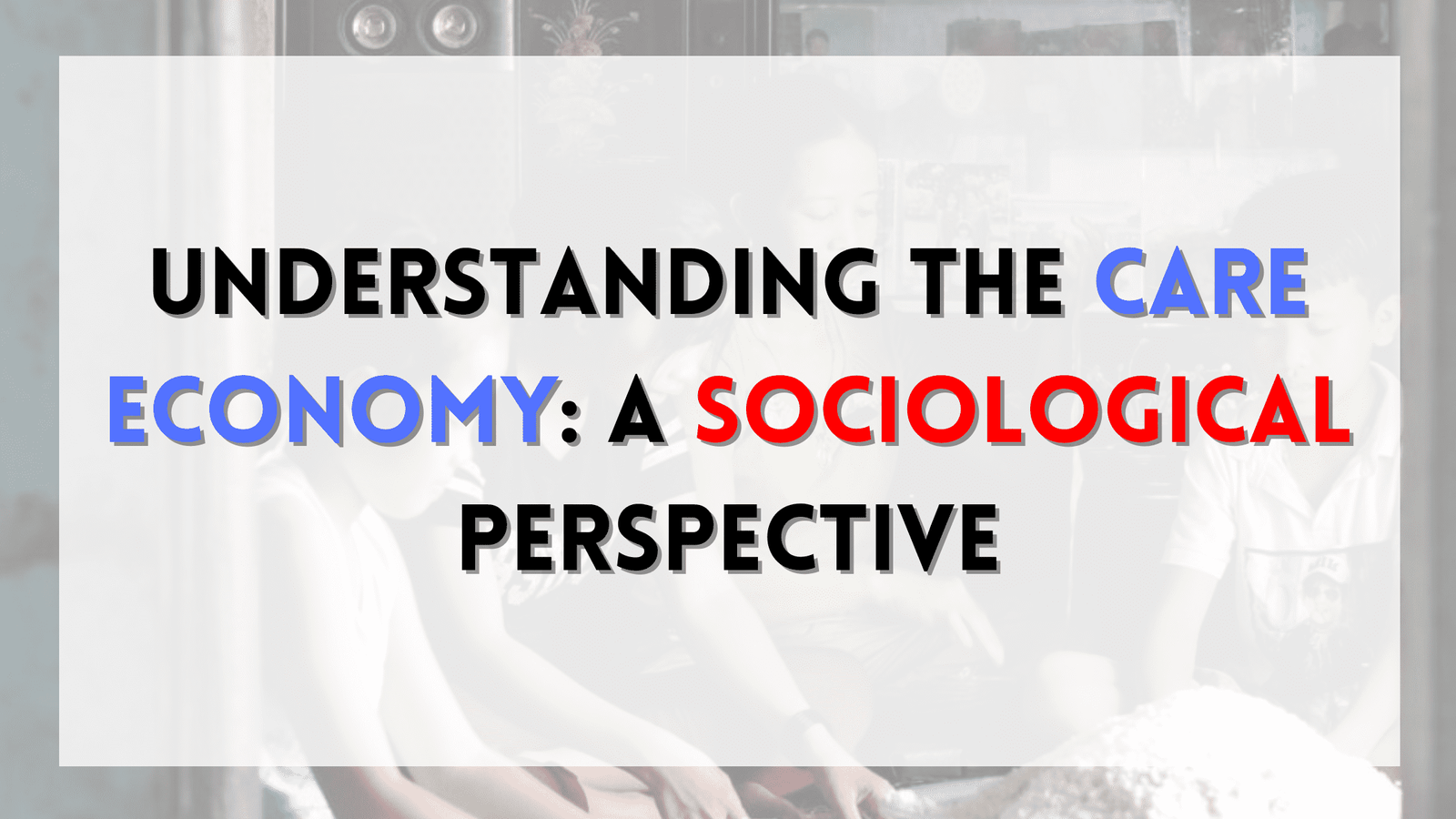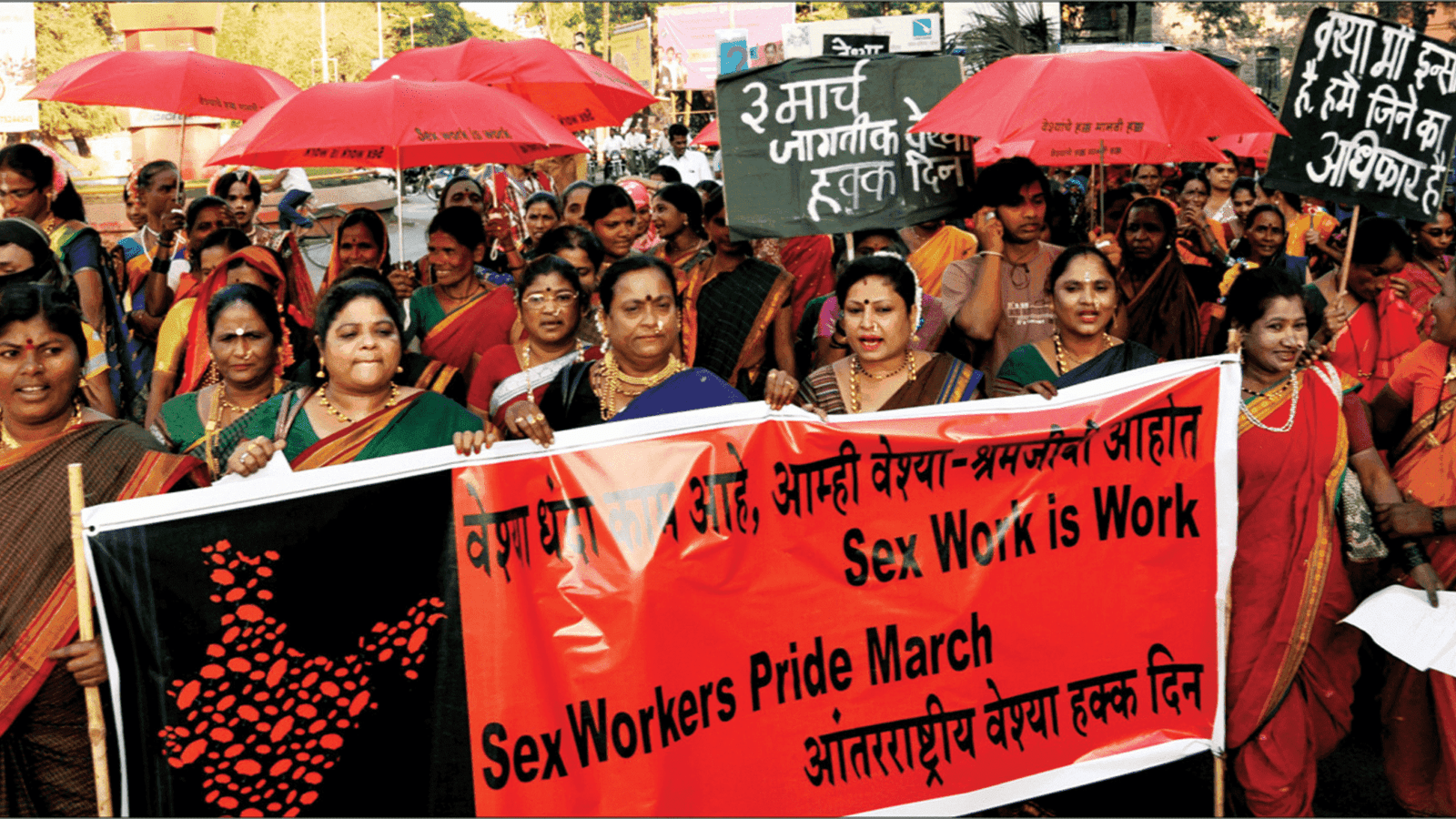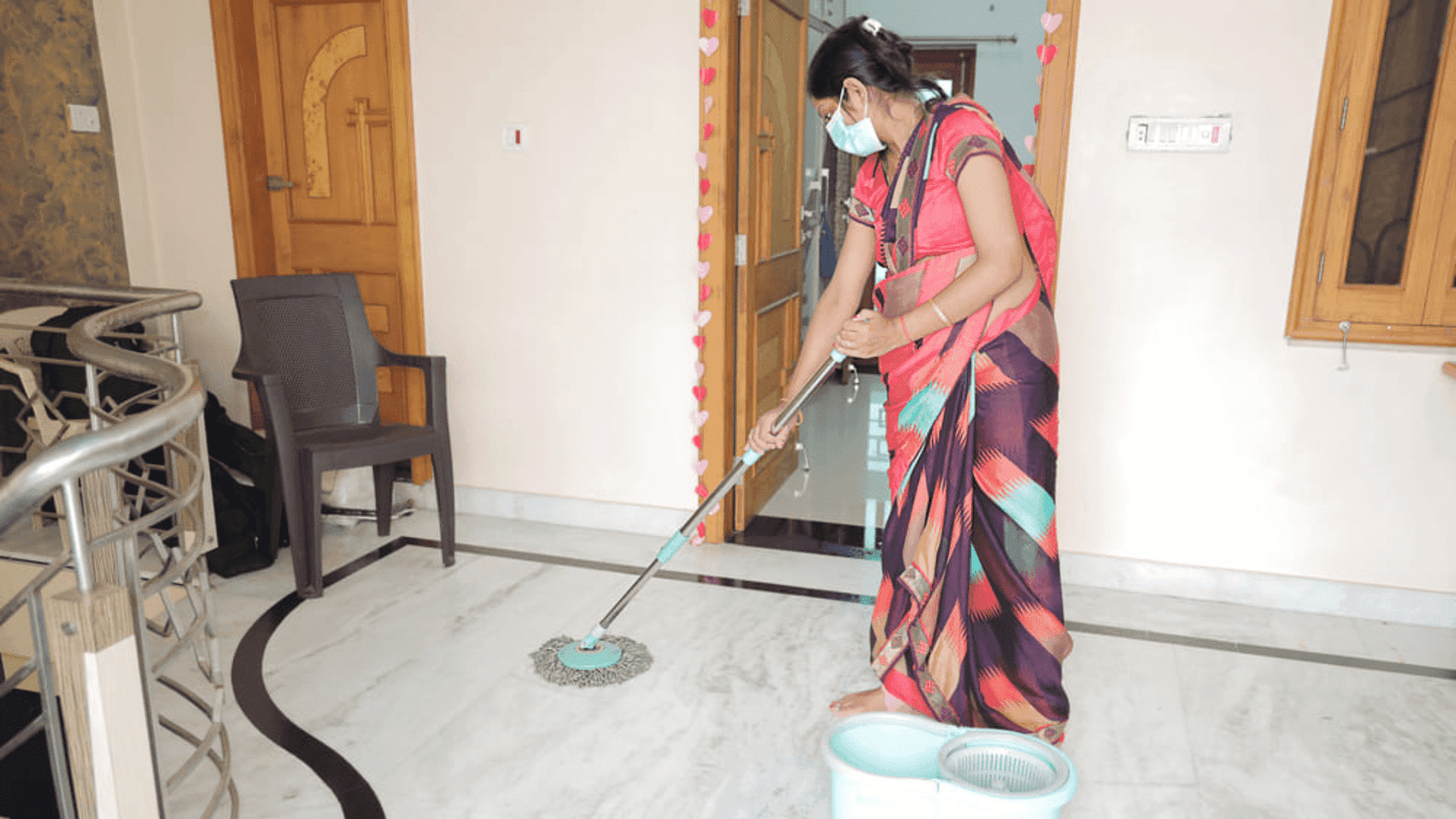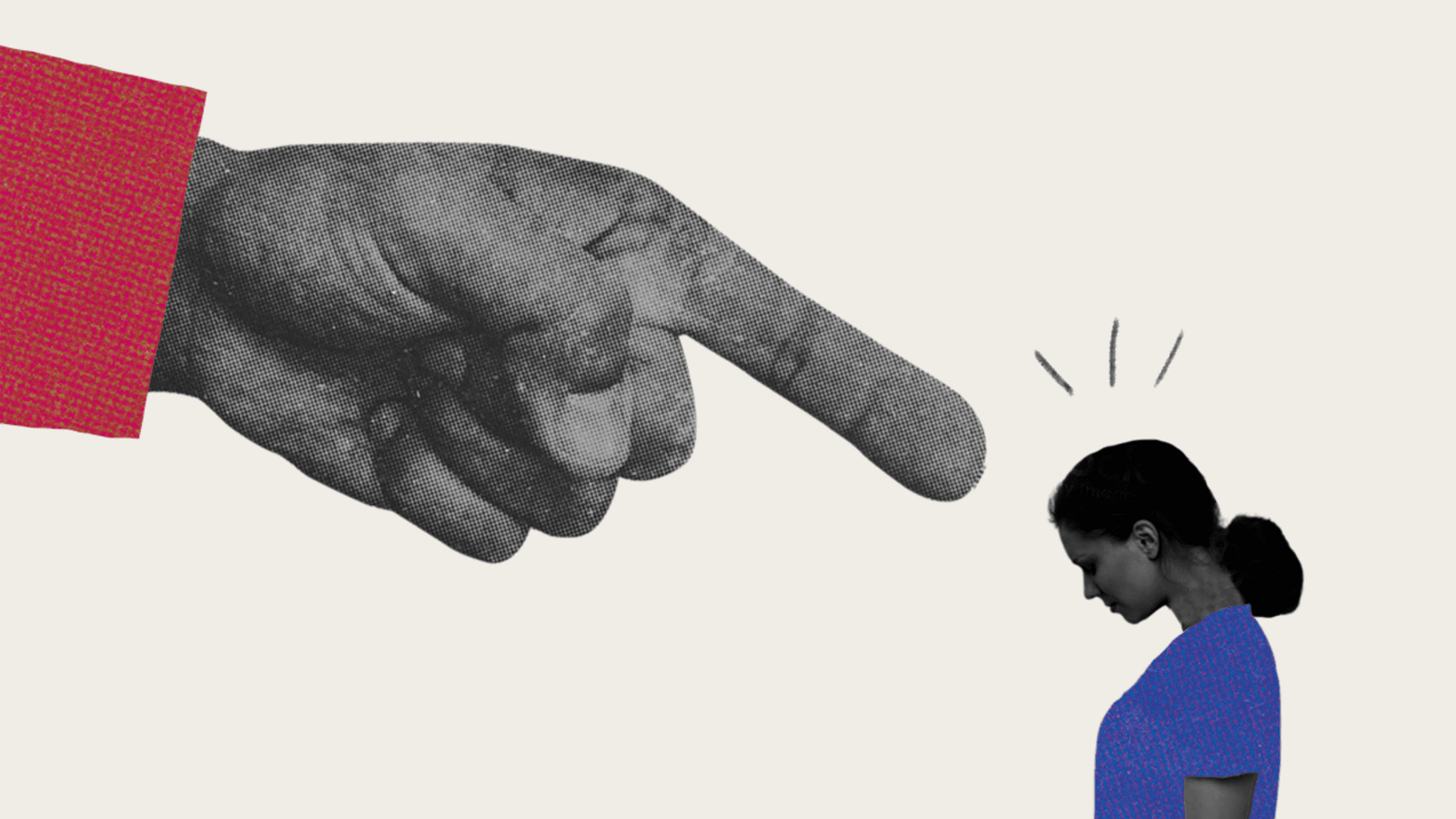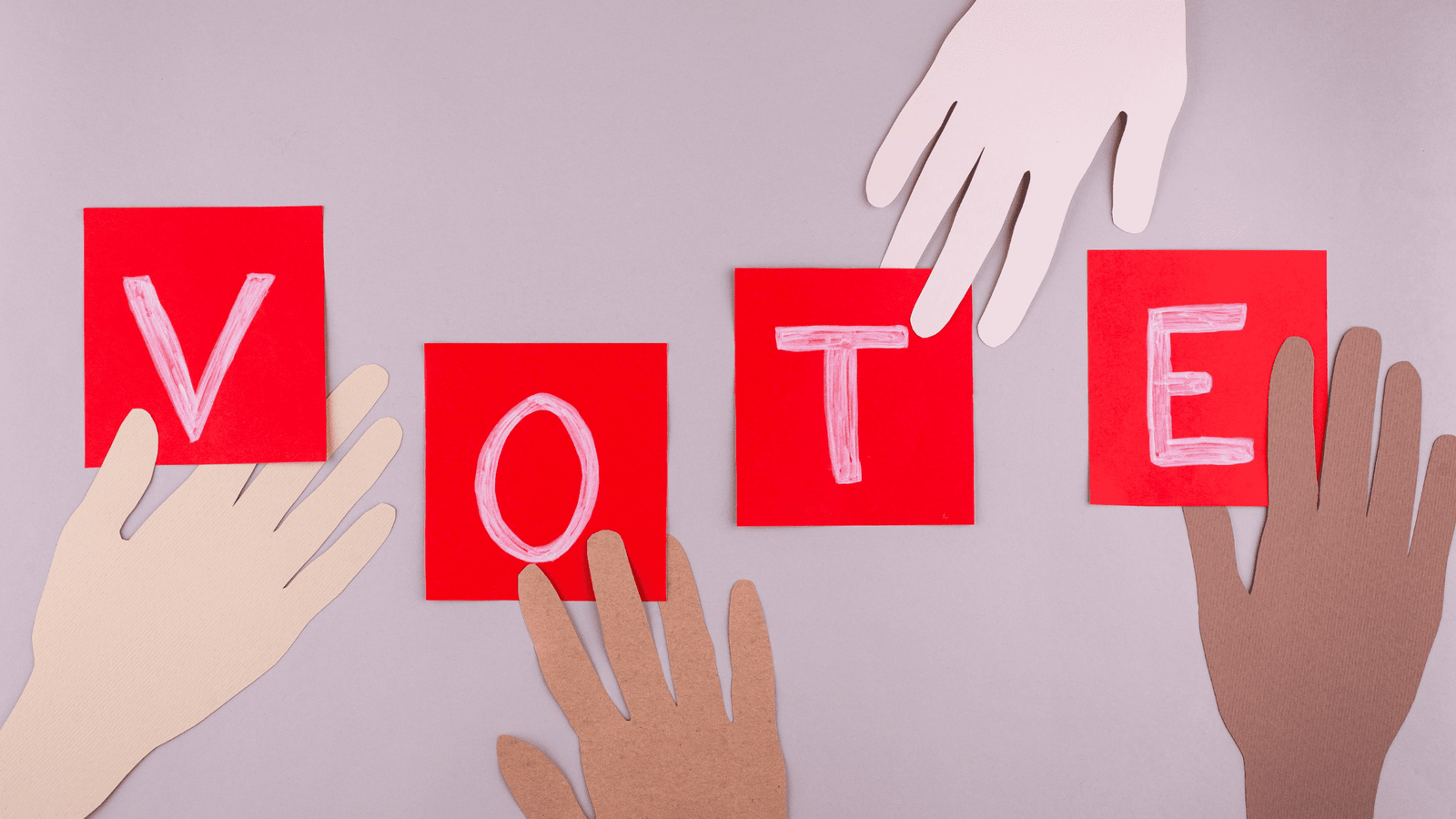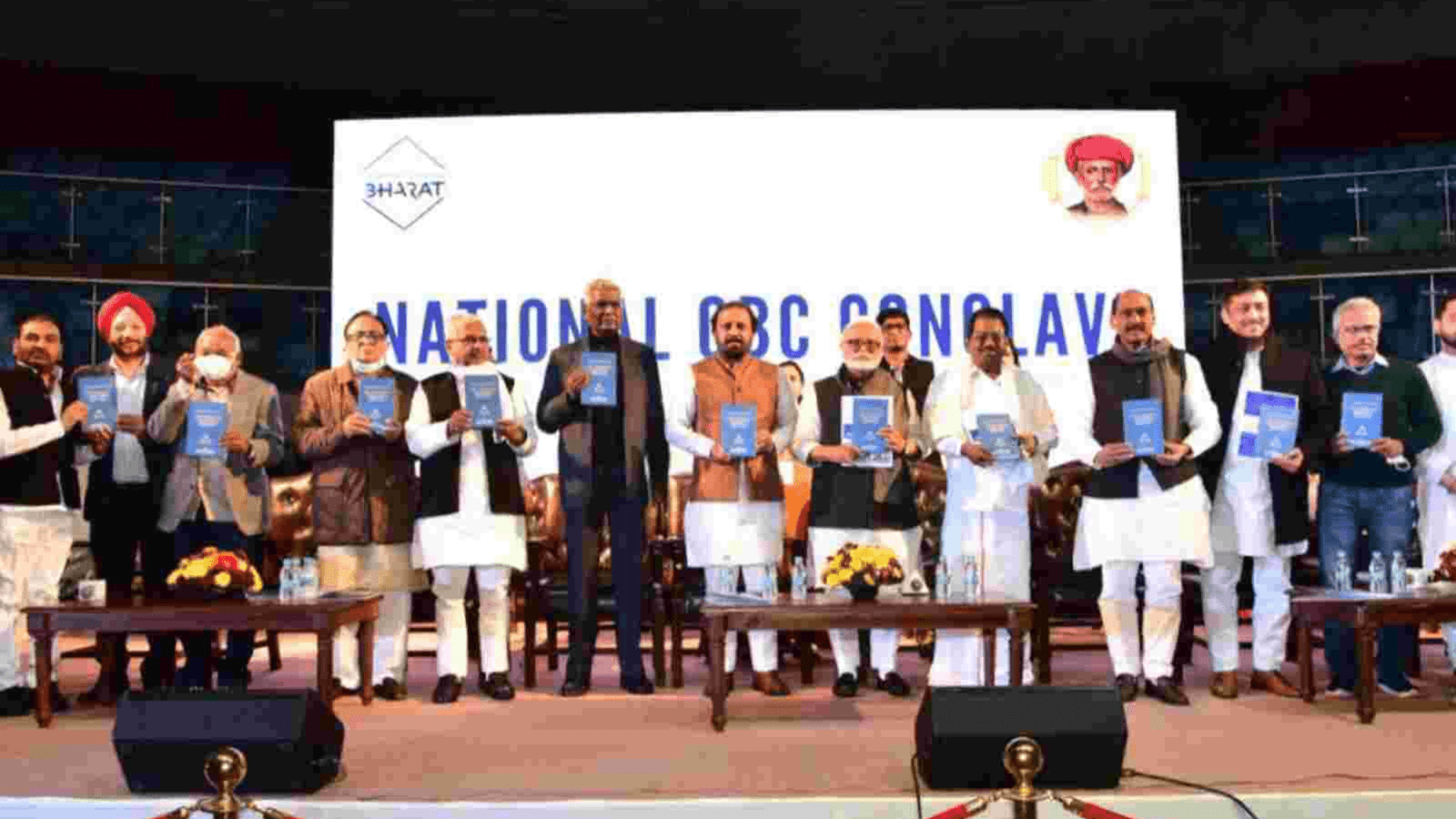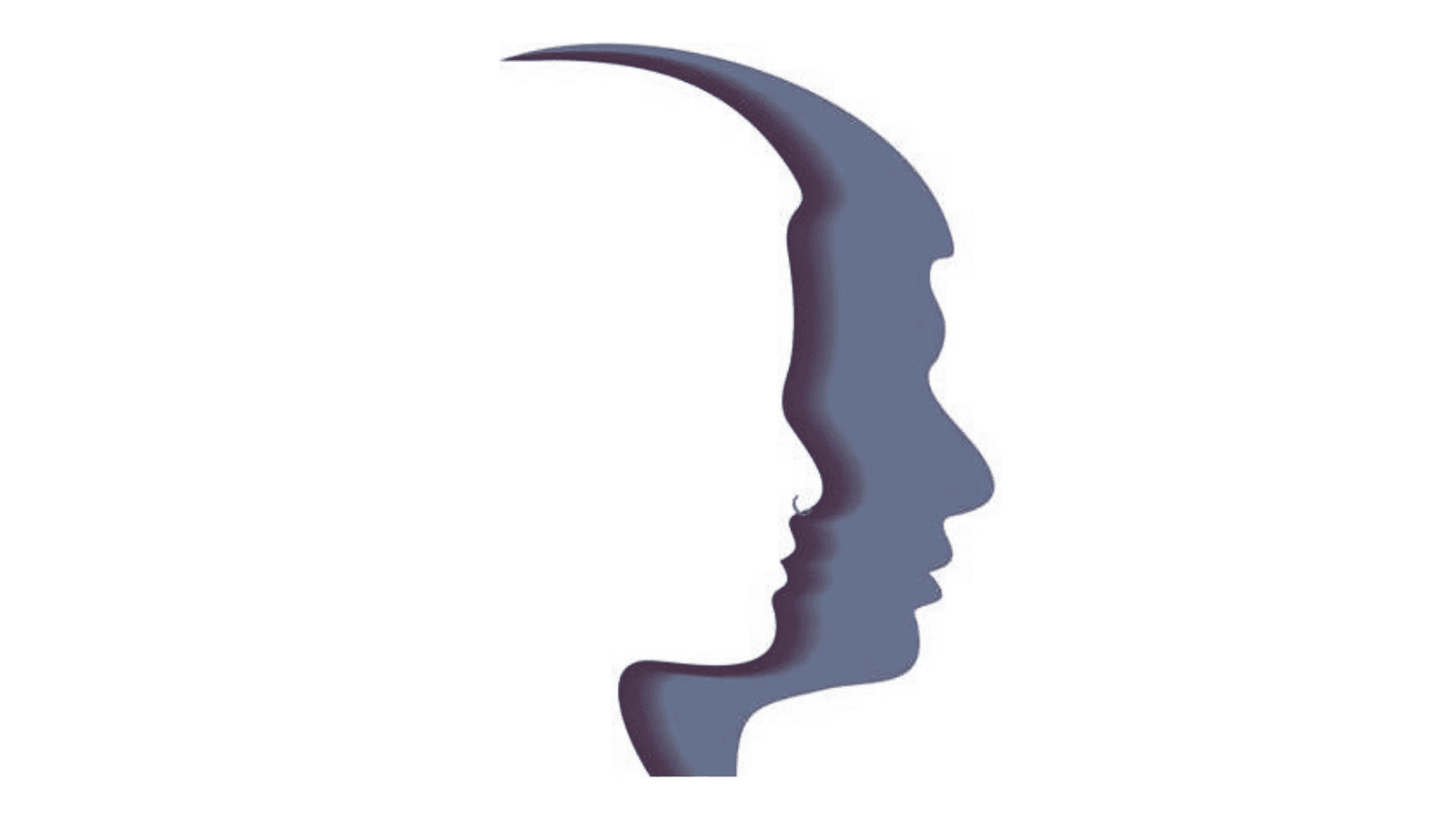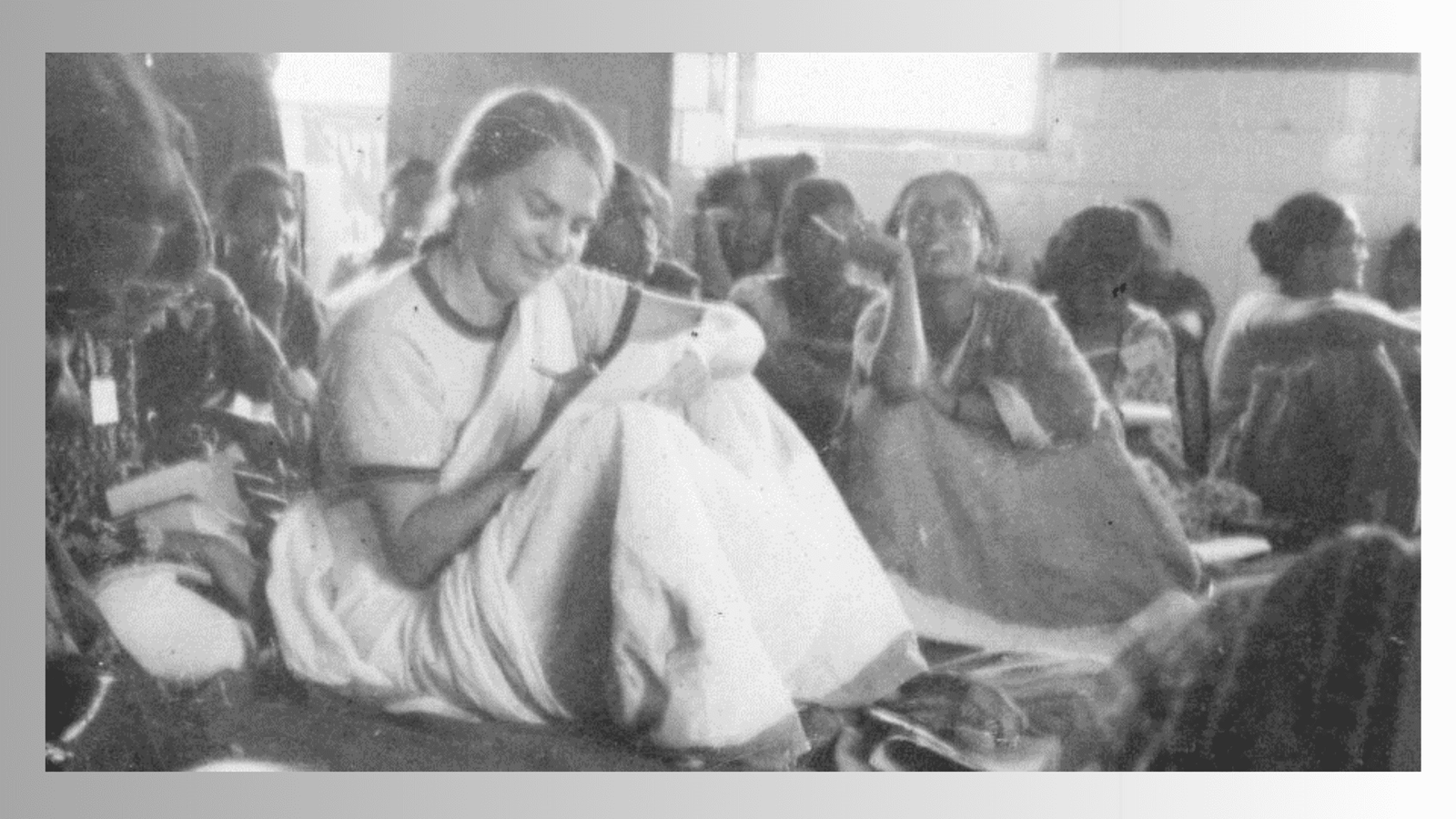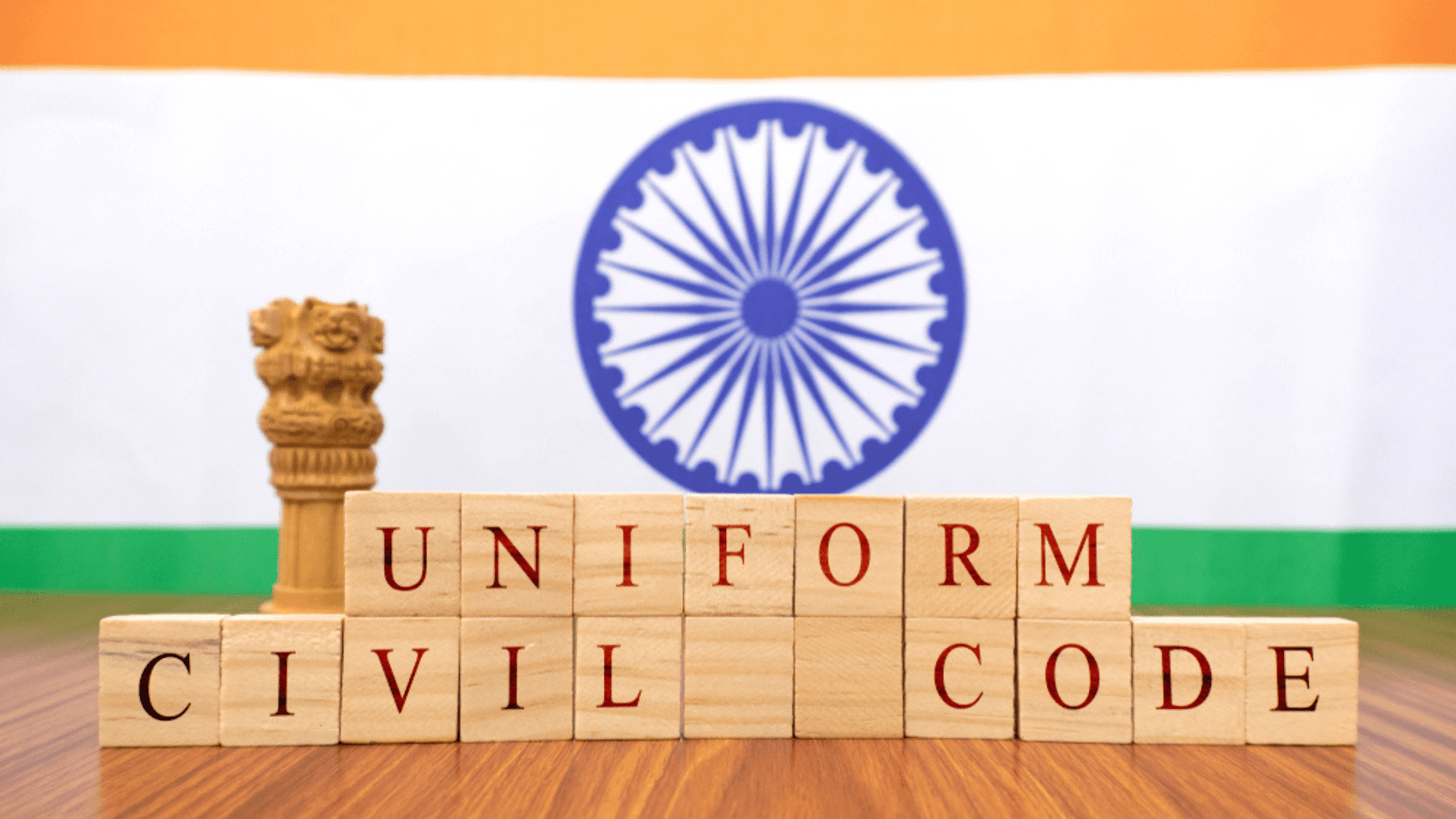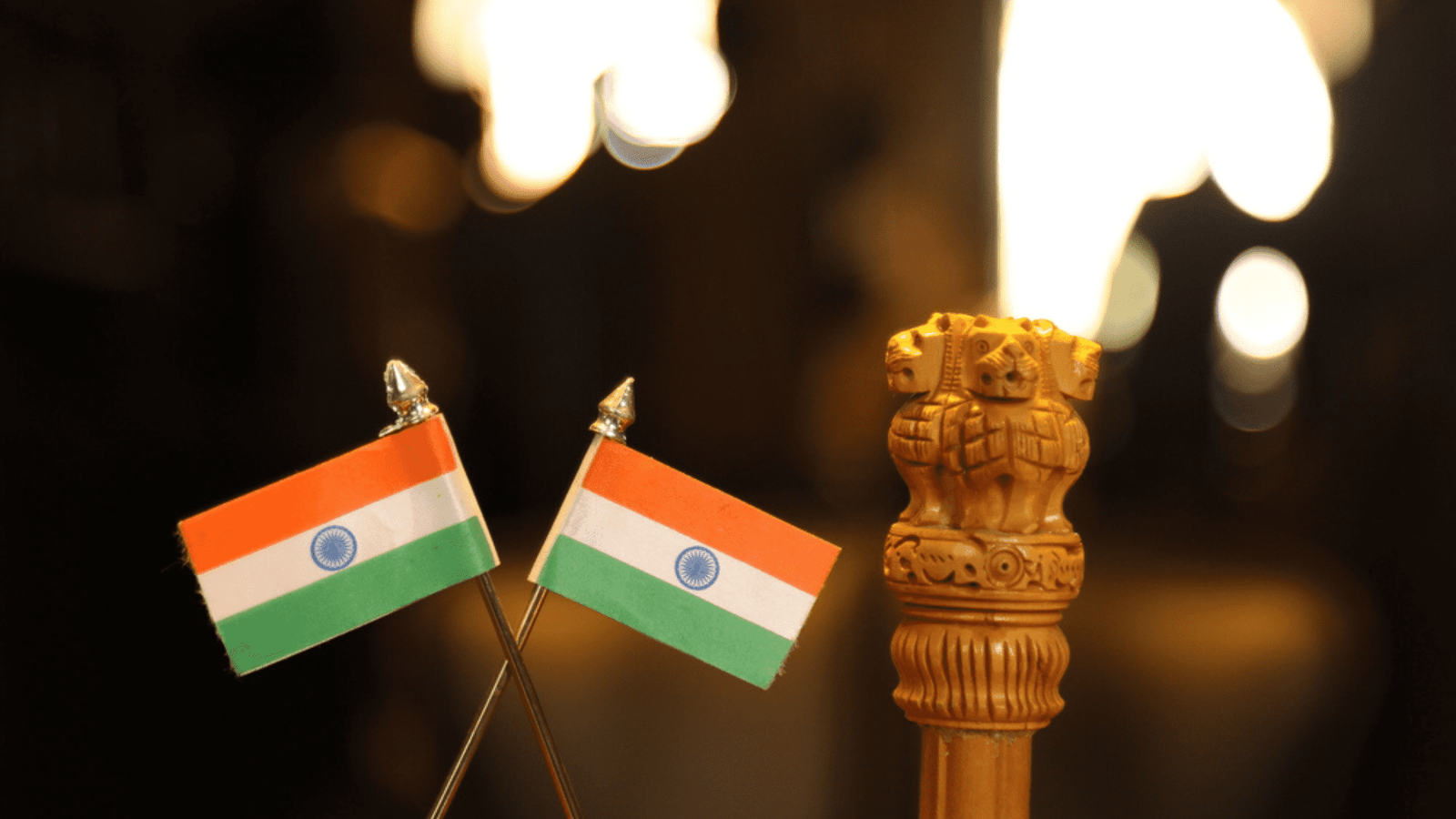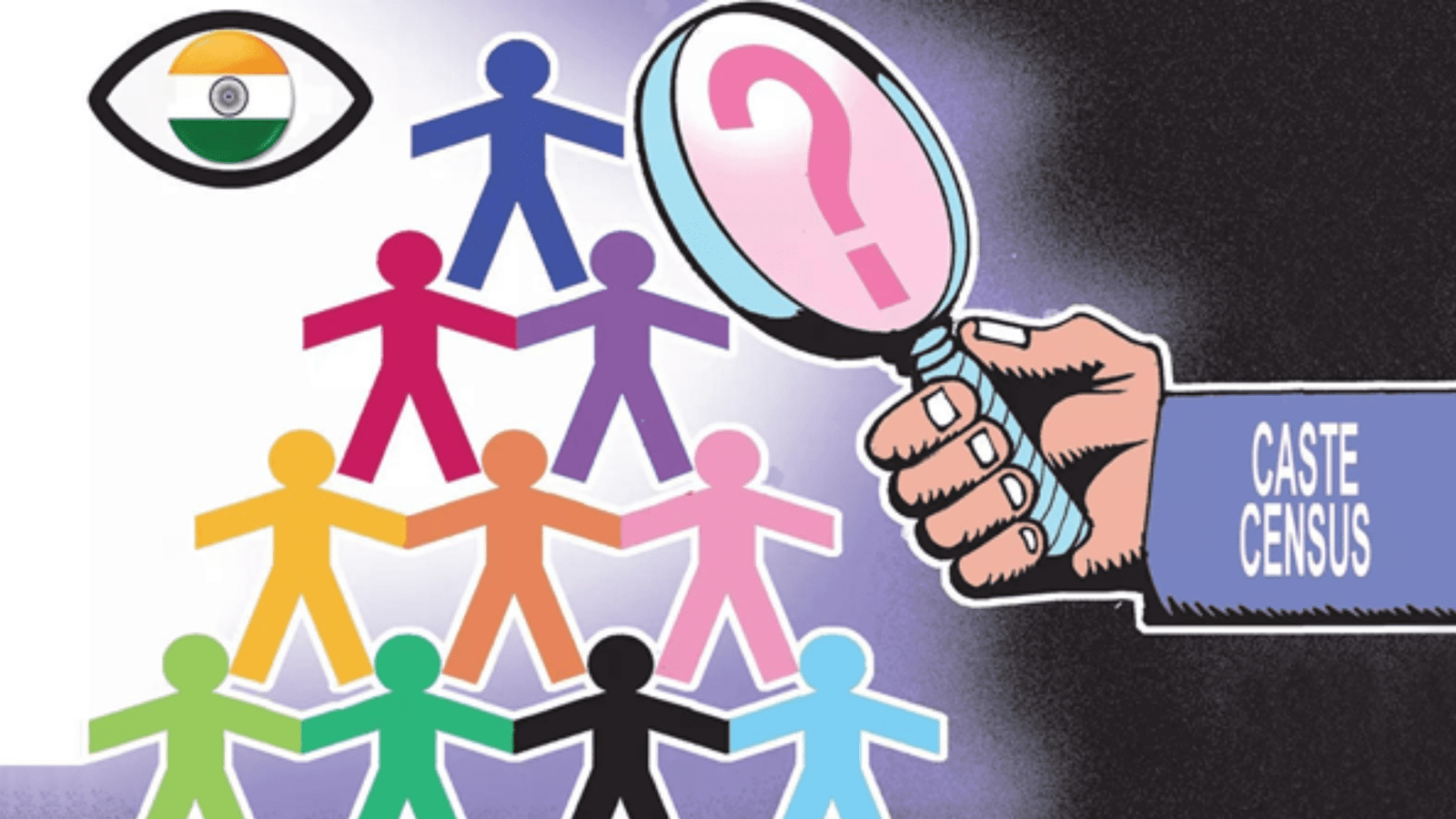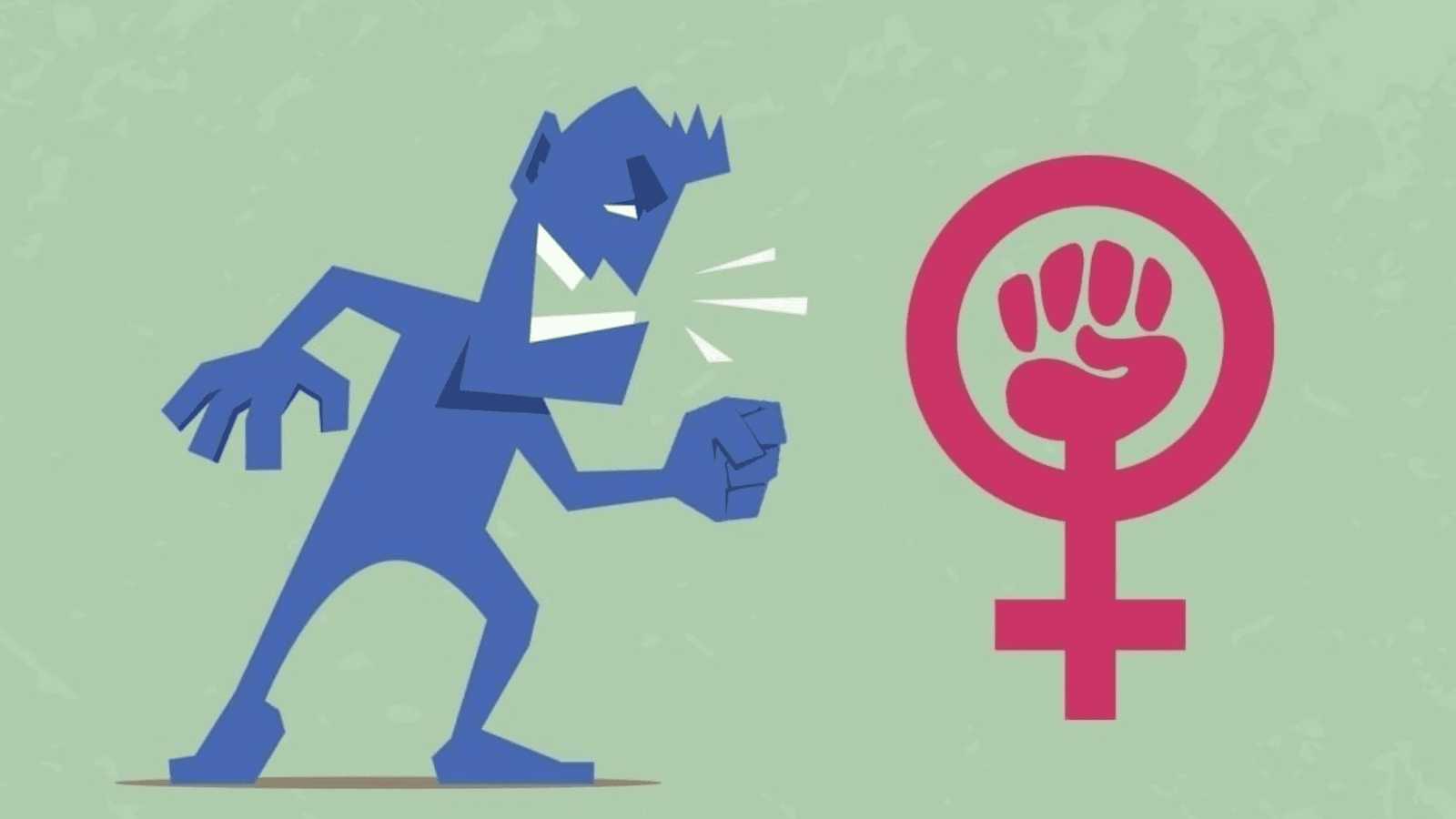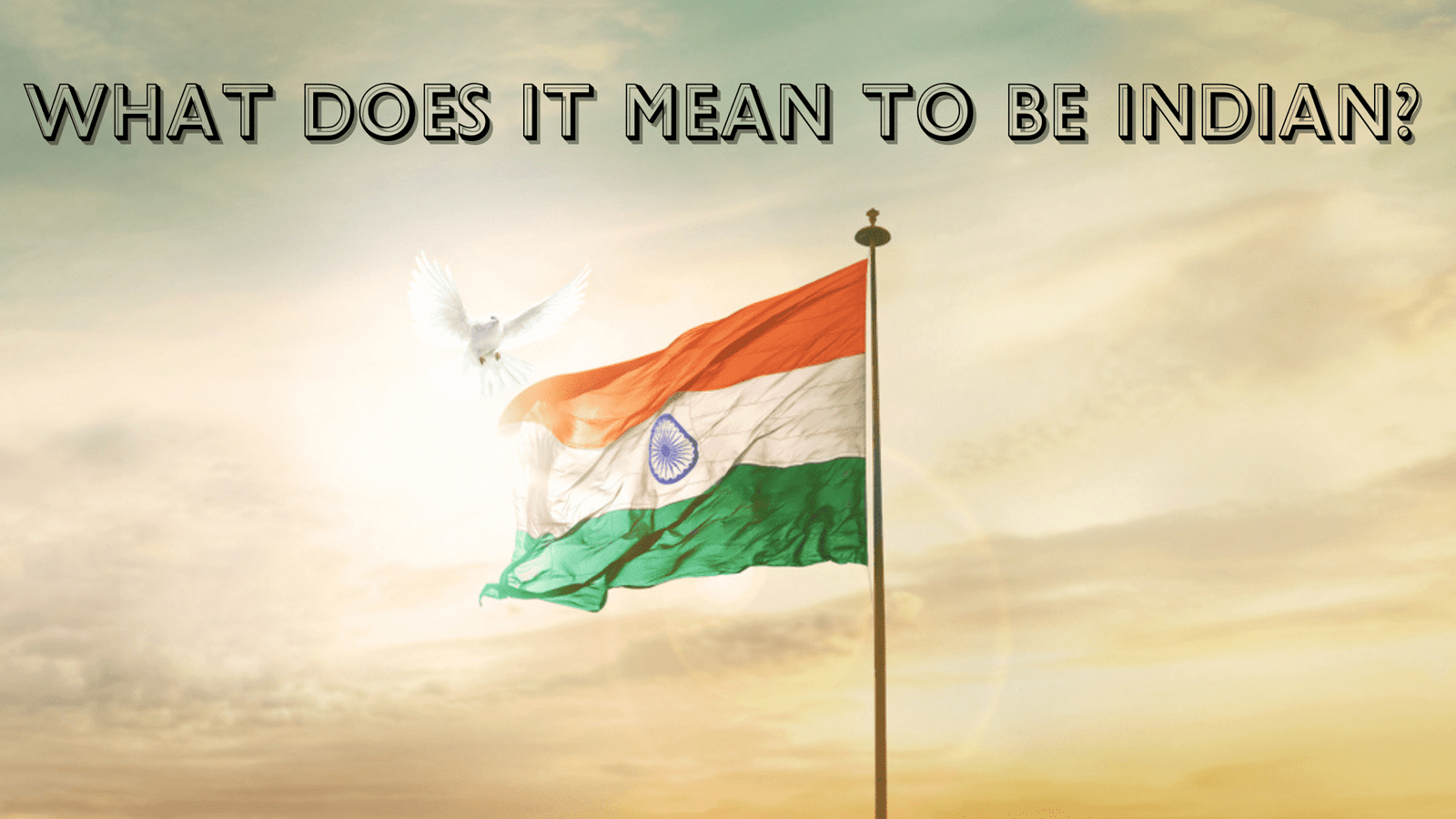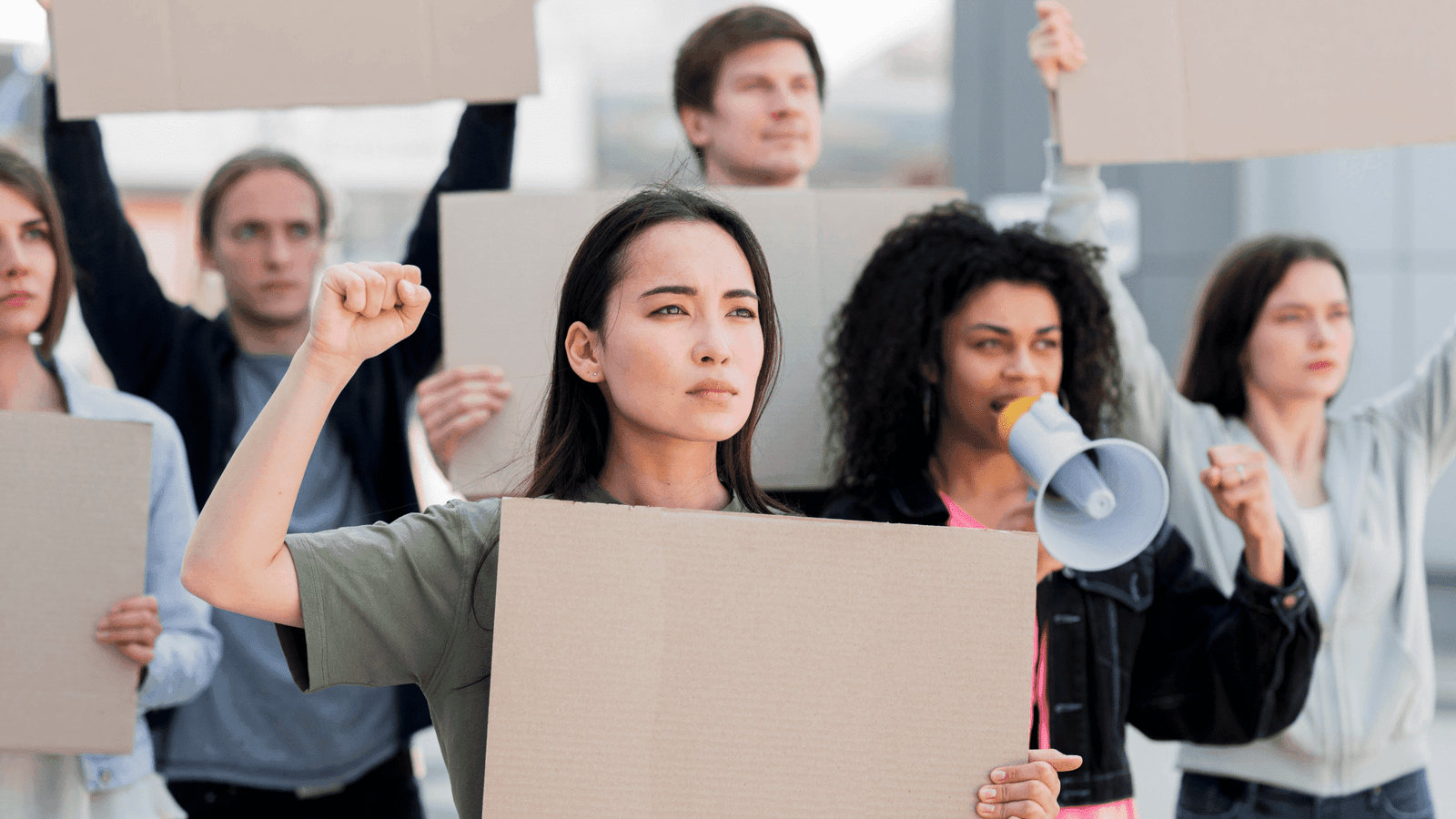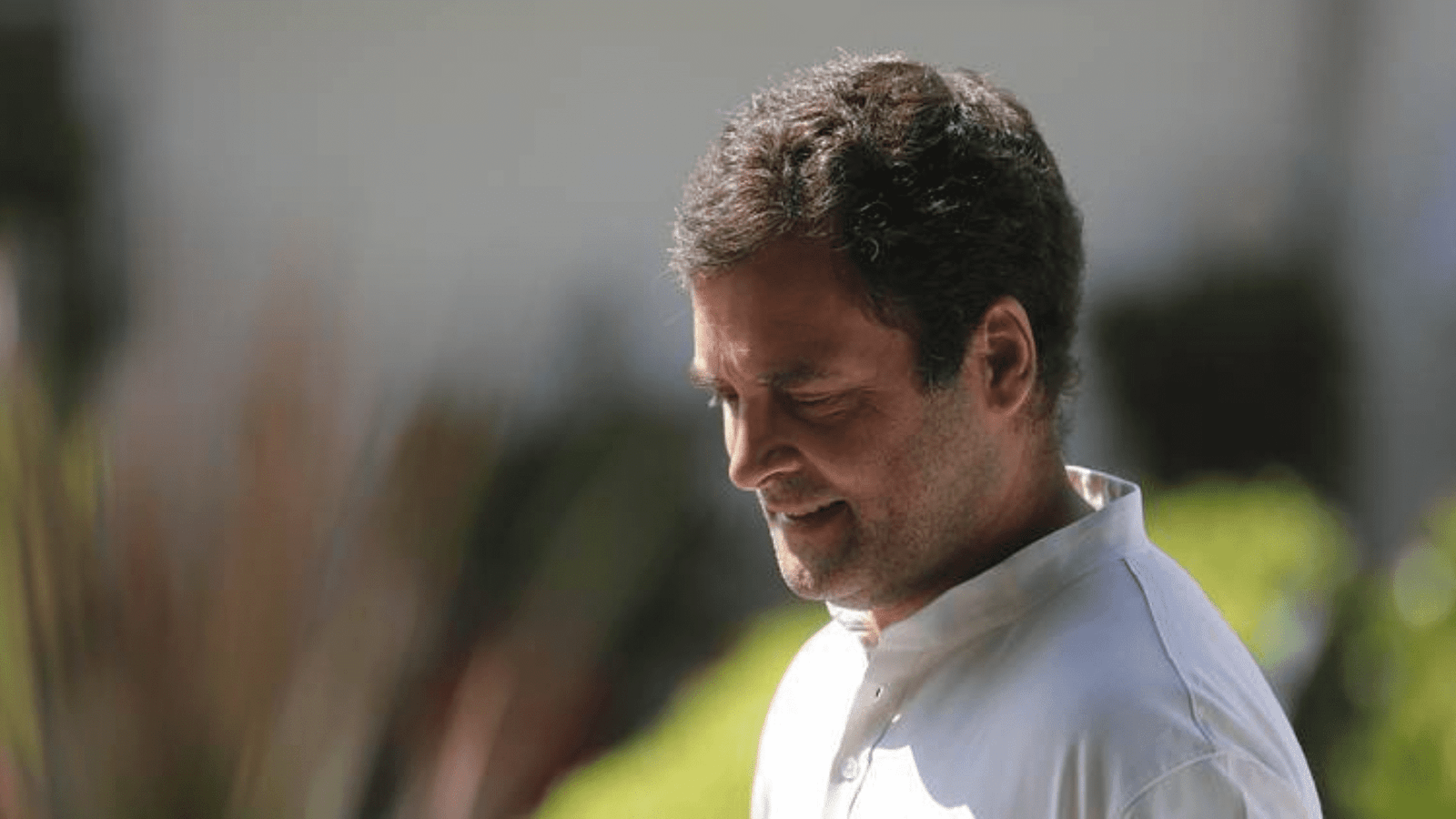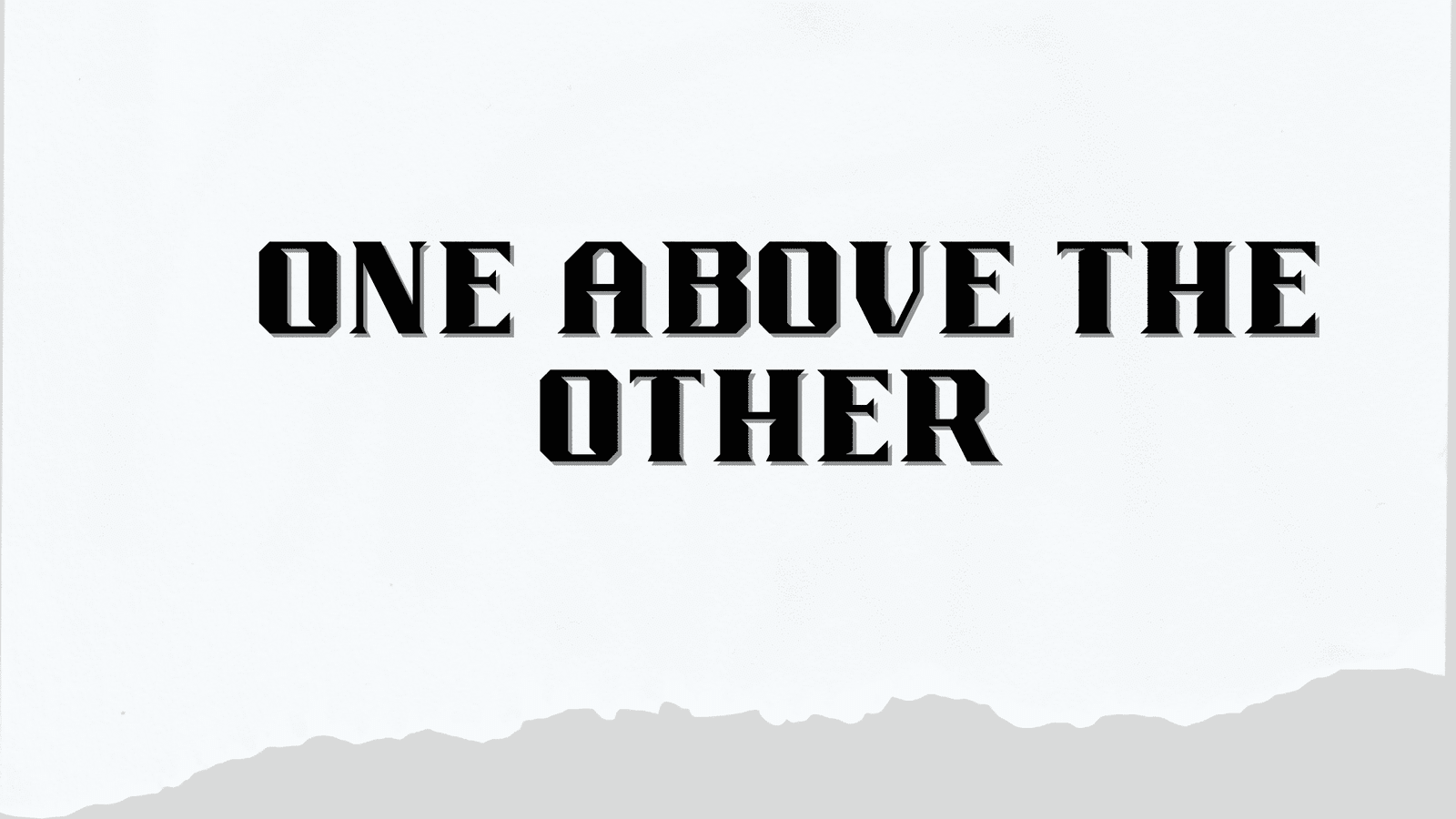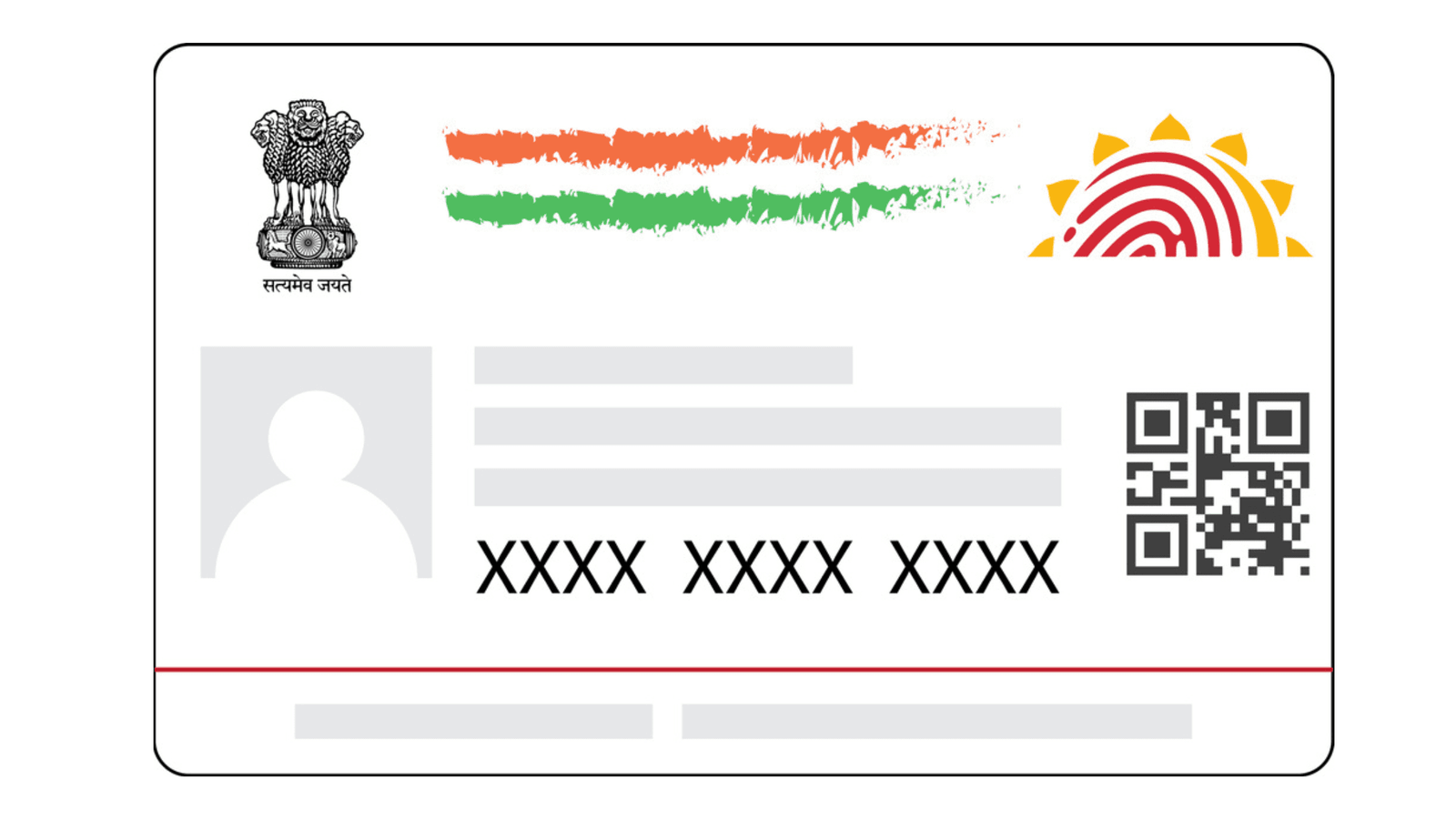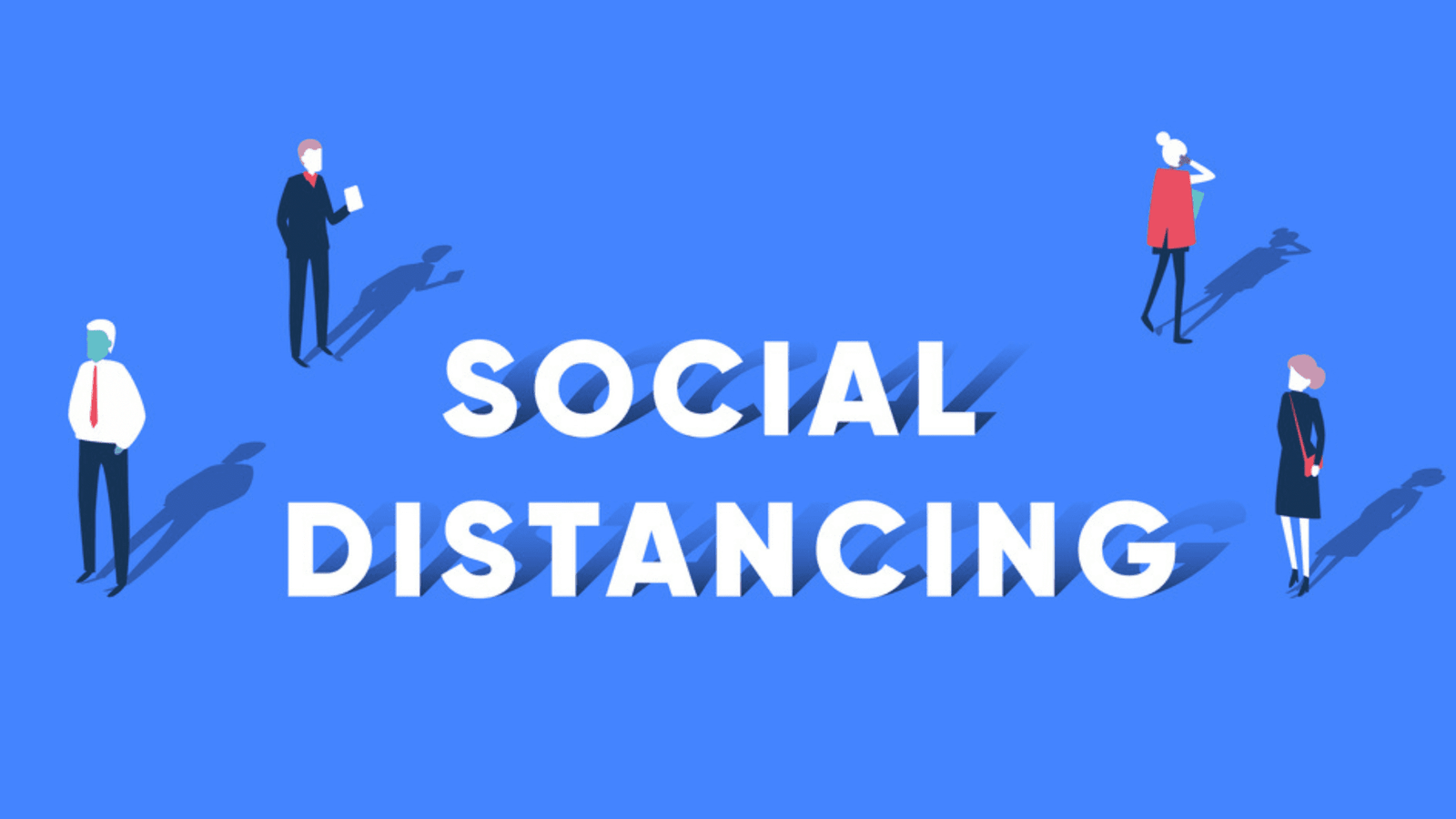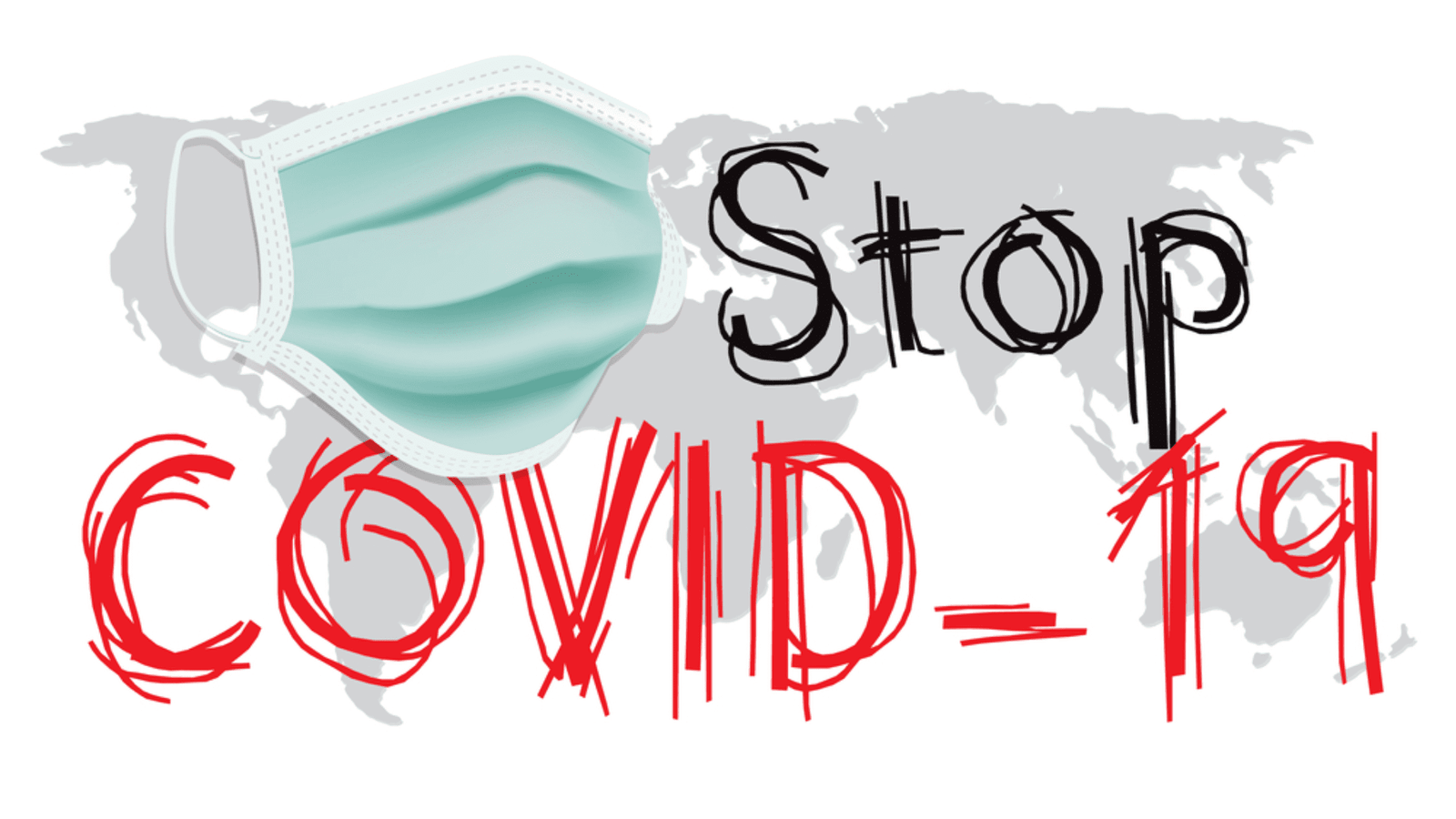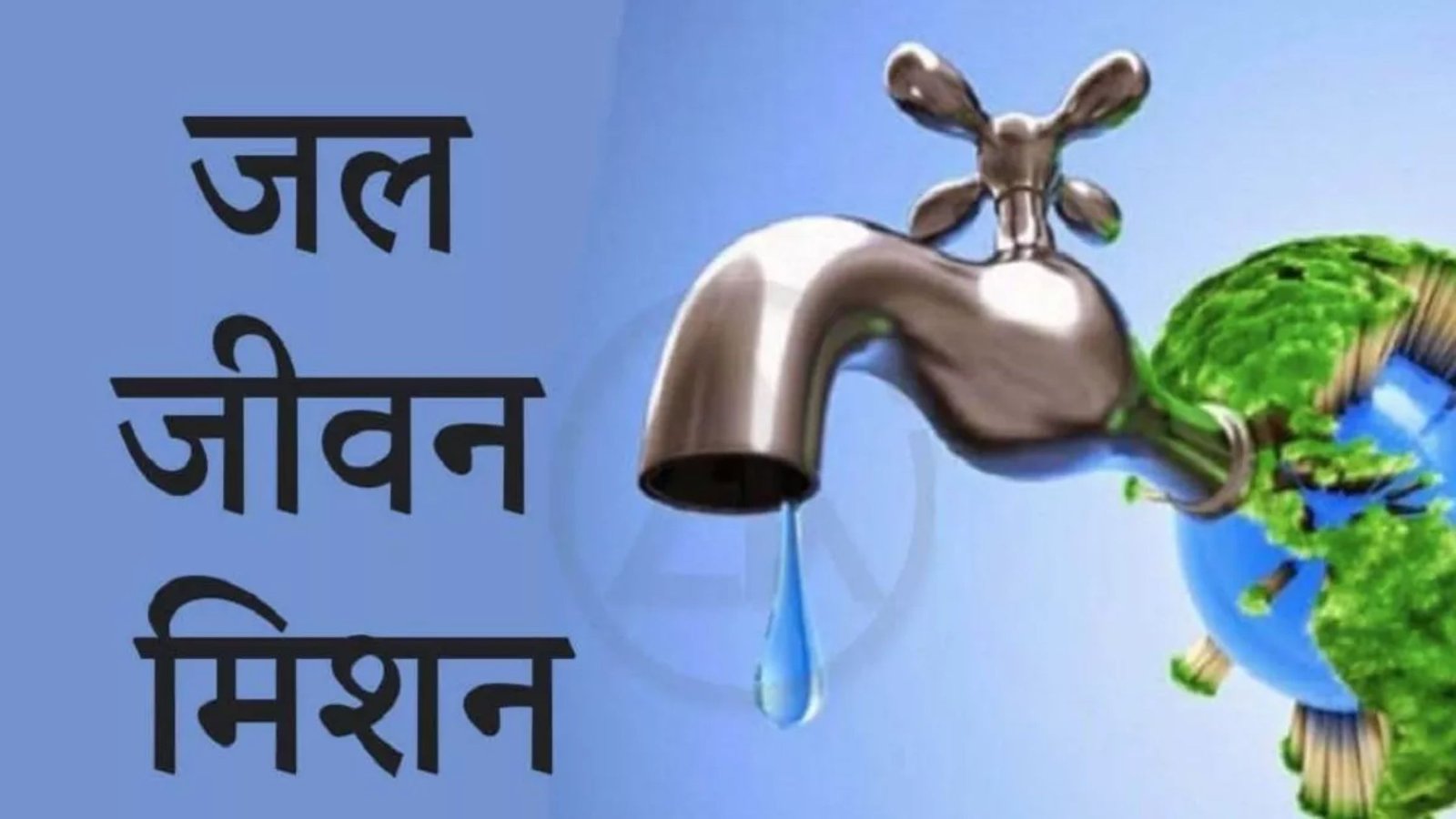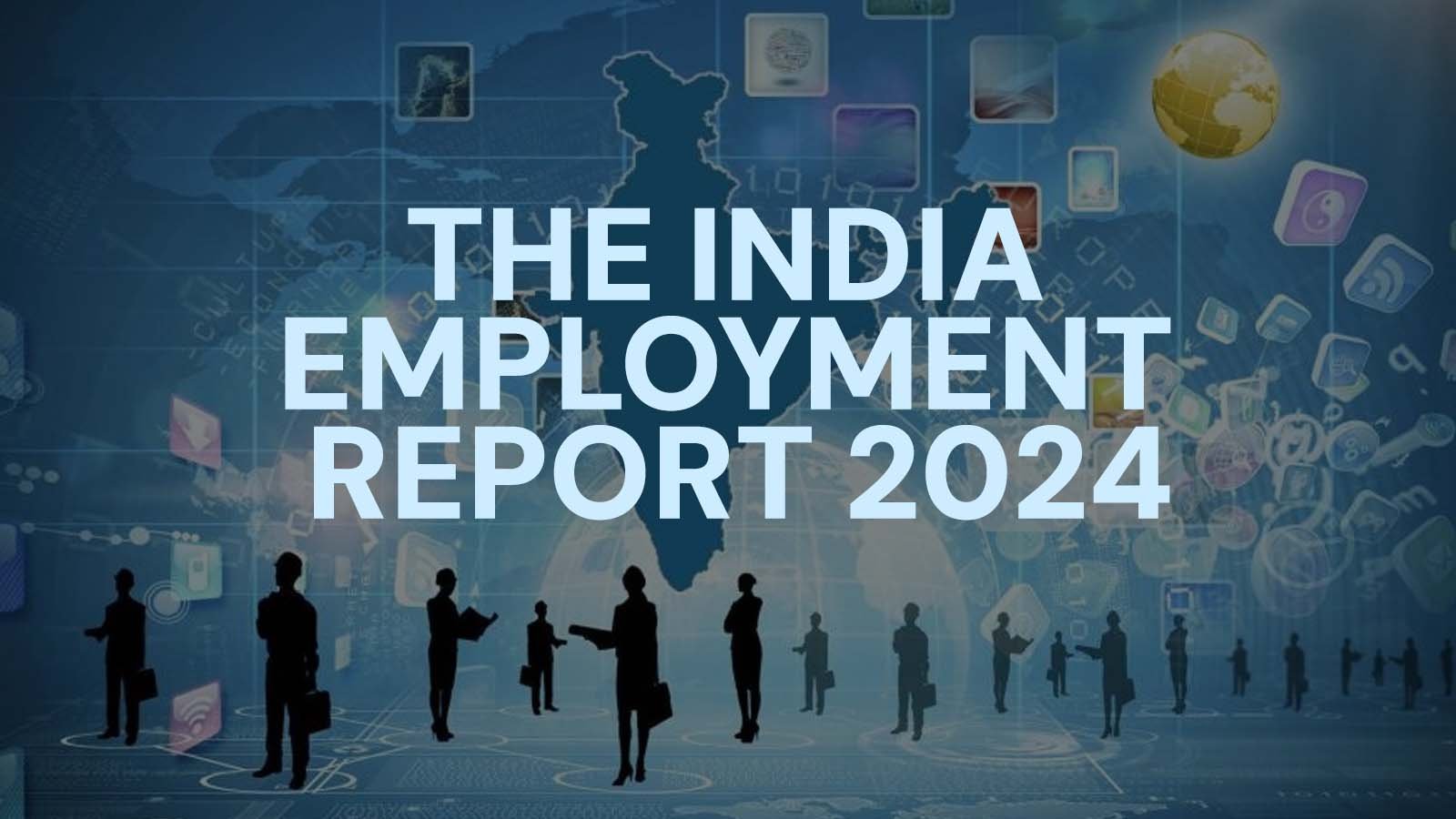
Have you ever wished there were more hours in the day? More time to stay on top of your to- do list, pursue your hobbies, connect with friends, maybe even get to the gym? You’re not alone.
Women across the world are suffering from “time poverty.” Melinda Gates addressed the issue in the annual letter that she published with her husband, Microsoft co-founder Bill Gates. Specifically, Melinda calls out the gender disparity in time spent doing “unpaid work,” work like childcare, grocery shopping, making doctor appointments for family members, and ensuring that household systems are maintained. These kinds of tasks are the behind-the-scenes functions that keep people alive, keep people healthy, and enable society to function.
Worldwide, women spend an average of 4.5 hours per day on unpaid work—more than double the amount of time men spend. It is work that is historically undervalued and often taken for granted.
In developing nations, the increased hours that women spend doing unpaid work translates to fewer available hours to pursue education, healthcare, and paid work that might help support their families. Many of the tasks that comprise unpaid work—caring for small children, overseeing a home structure, and masterminding myriad schedules of people and animals, for example—are 24/7 responsibilities, requiring an on-call attendant at all times. In more developed countries, including America, the disparity of time spent doing unpaid work is less pronounced, but still carries a meaningful impact on how women and men live.
One area where we see a noticeable gender gap in the U.S. is in time spent engaged in leisure activities. According to the Department of Labor, over the course of one year the average American man will spend 73 more hours than his female counterpart participating in sports, exercise, or recreation. He’s not just getting more fit than her, though, somehow he’s also vegging out more than her, too. He’ll spend 36.5 more hours watching television, and another 36.5 more hours participating in other leisure activities, including travel, than she will. Across all the categories for which the Department of Labor gathered data, men will spend over 255 additional hours per year engaged in leisure activities than women will.
I can’t help but wonder how this data correlates with overall quality of life between genders. Women are twice as likely as men to suffer from depression, and twice as likely to suffer from sleep disorders as well. While both conditions can have biological components the sufferer has no control over, research has also overwhelmingly demonstrated that leisure activities are a potent antidote.
Researchers Iso-Ahola and Coleman argued that the social nature of leisure activities and the opportunities for friendship and support—as well as the opportunity for feelings of competence—can help with protecting against stress. Those who are able to tap into personal and social resources available through leisure activities may protect themselves from depression or reduce the severity of preexisting depression. A 2005 study in the Journal of Occupational Health also found that “engagement in social leisure activities is associated with better sleep quality and consequently better general well-being,” noting that study participants who engaged in voluntary activities were less likely to have poor sleep quality.
The irony is that while time poverty isn’t severe enough for most American women to have to forego necessary medical treatment, which Melinda Gates points out as a real concern for women in third world countries, it’s actually creating conditions that necessitate medical intervention, like for depression. When paid and unpaid working hours are combined, American women actually spend slightly more time working than American men. We are, it appears, working ourselves to death.
Gates asserts that the solution to reducing the gender gap in unpaid work lies in reducing the amount of time that unpaid work demands, recognizing the hidden assumptions that we all make about how women and men should spend their time, and redistributing the workload of tasks like laundry and childcare. In poorer countries, this might entail better access to electricity and clean water, increased education about and access to birth control, and challenging cultural or religious norms surrounding gender roles.
I assert that in America, it also entails making engagement in fulfilling personal activities a priority for all women. While our culture has blurred the lines between unpaid work and leisure activities in many ways, turning school lunch preparation into an art form and laundry into an opportunity for home decor, these chores are increasingly done alone instead of amongst a village of women, and they are increasingly used as ammo in the mommy wars that do so much more harm than good. As the unpaid work of managing a household has become increasingly isolated and individualized, it's also become a divisive form of competition for some women. Whether you choose to stay home or work, cook your own meals or save time with take-out, buy budget-conscious laundry soap or demand a pricier all- natural version, you can easily be vilified for unknowingly undermining another woman's priorities. For many women, the time they spend on unpaid work is decidedly un-leisurely, no matter how many yoga pant parodies the Internet comes up with.
Women don’t just deserve to pursue their individual interests and relationships, they need to. While the fight for equal opportunity and pay in the workplace rages on, we can’t forget about the fight for equal play, too. It makes us happier. It makes us healthier. It’s about time.
